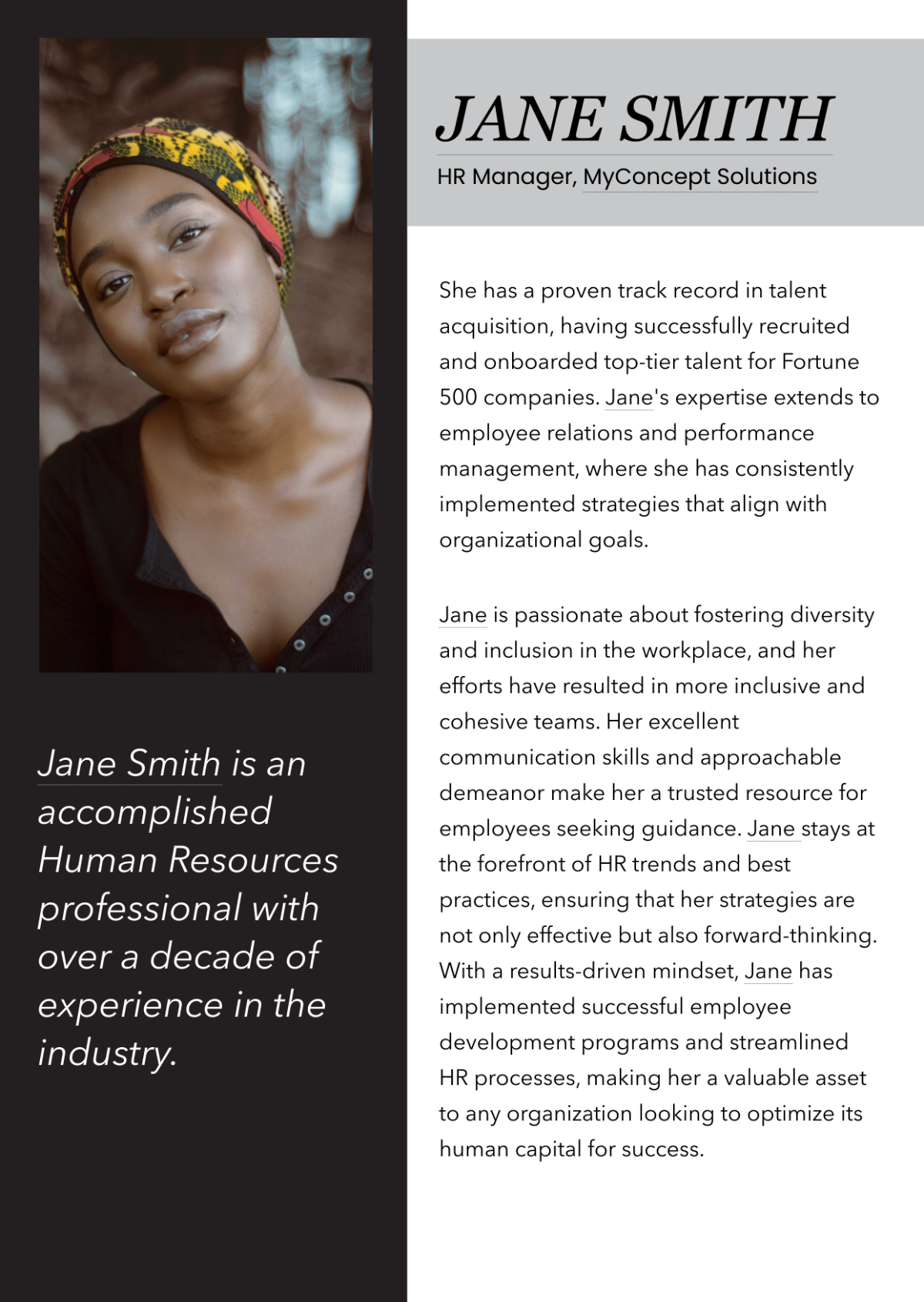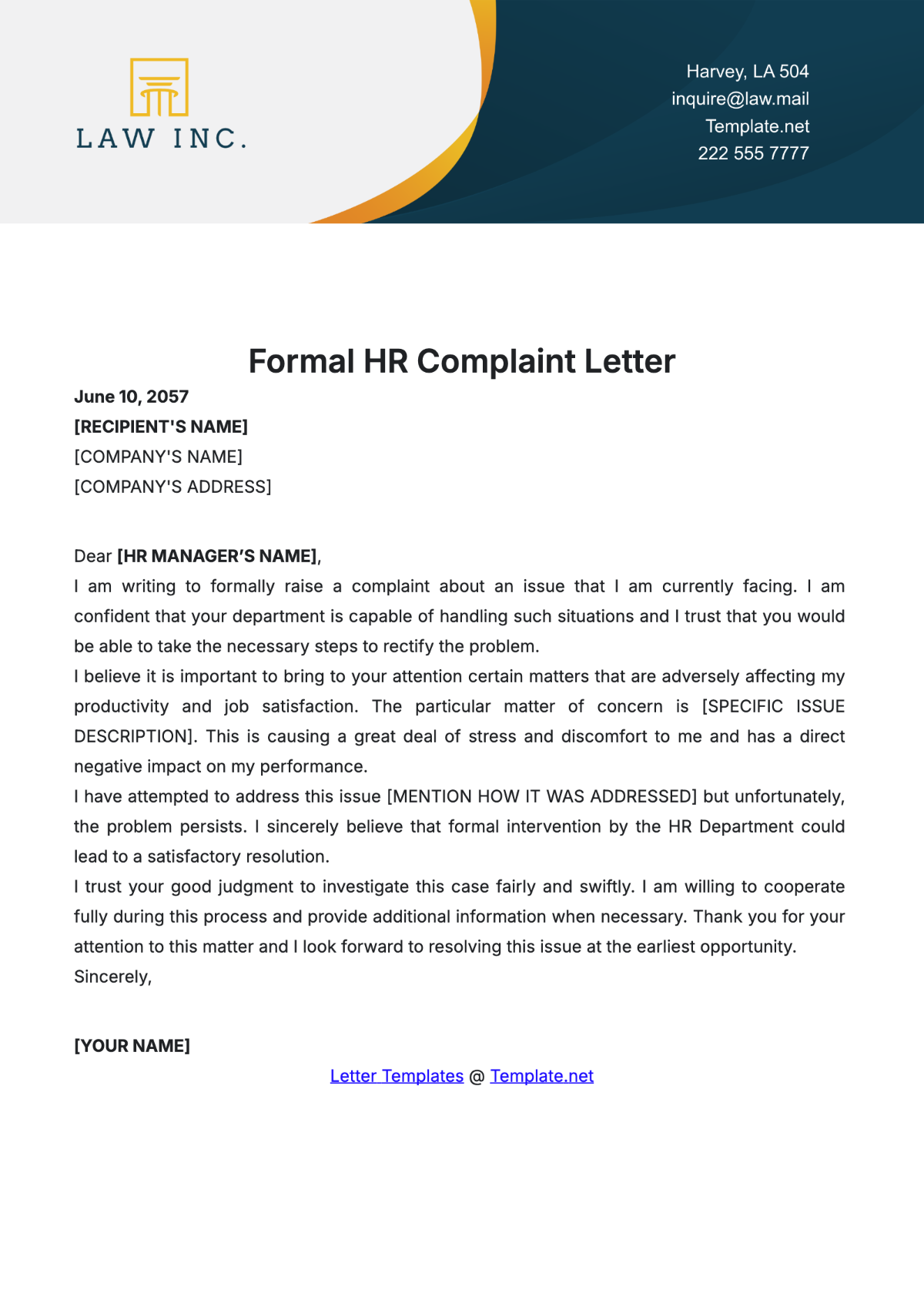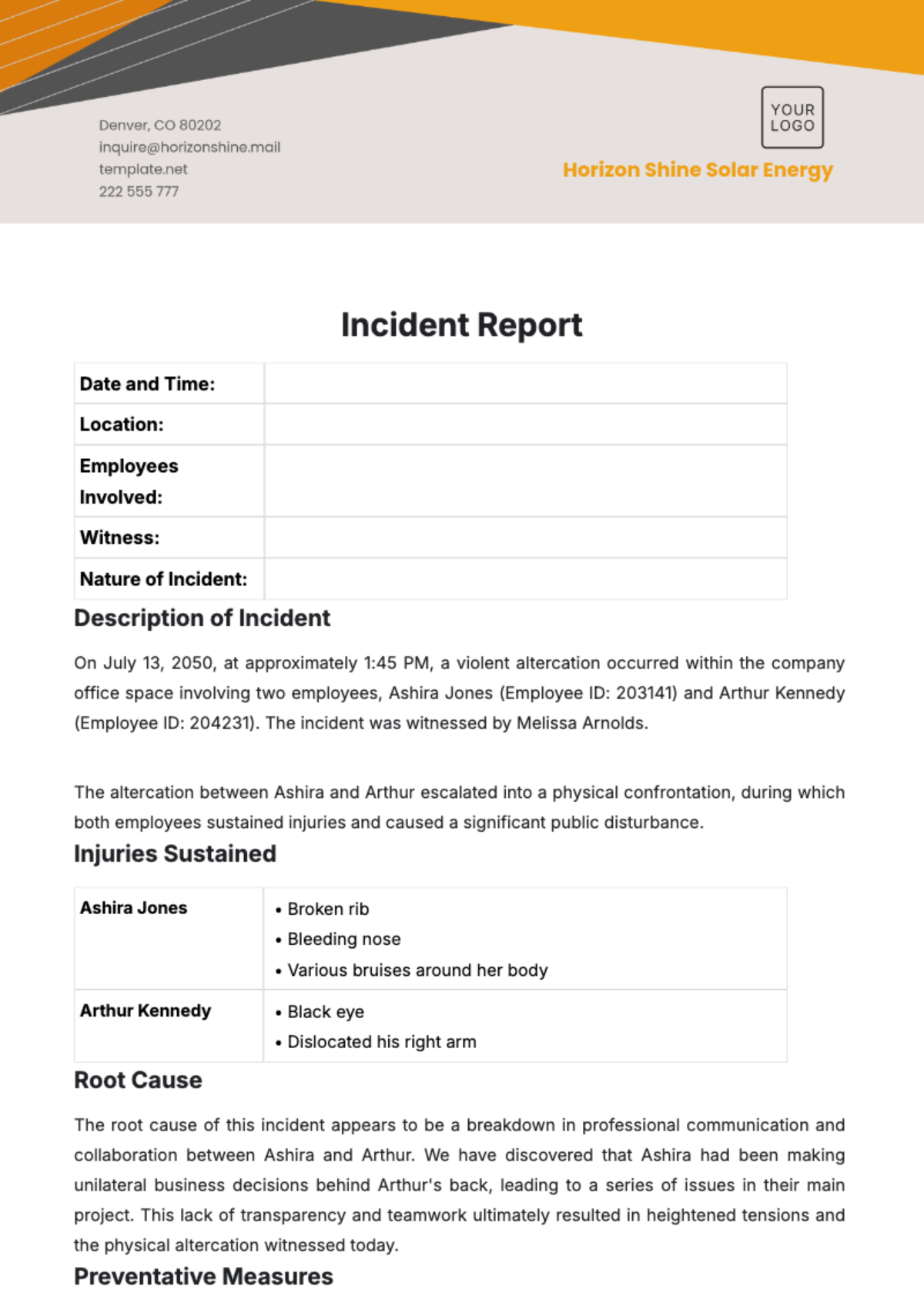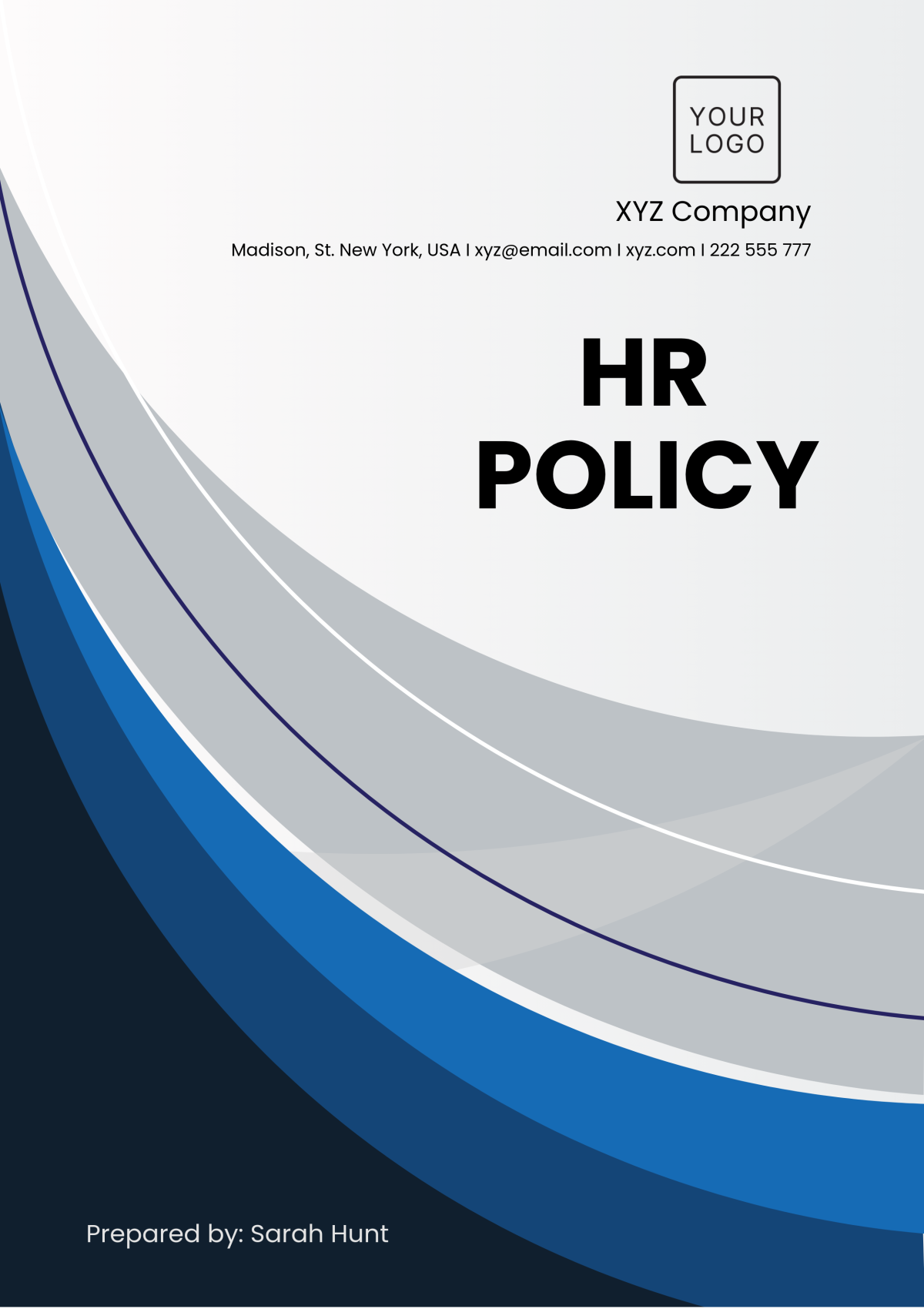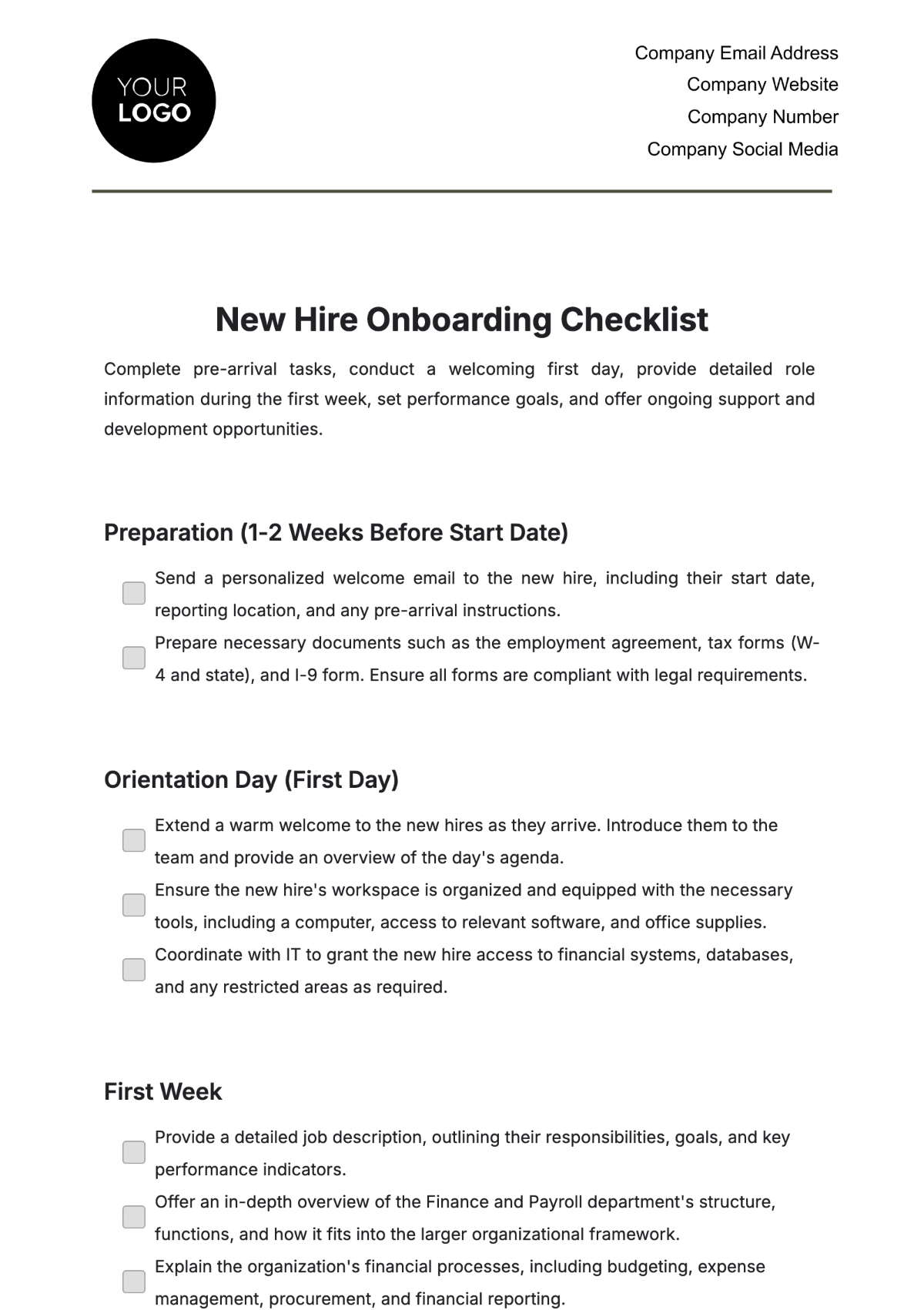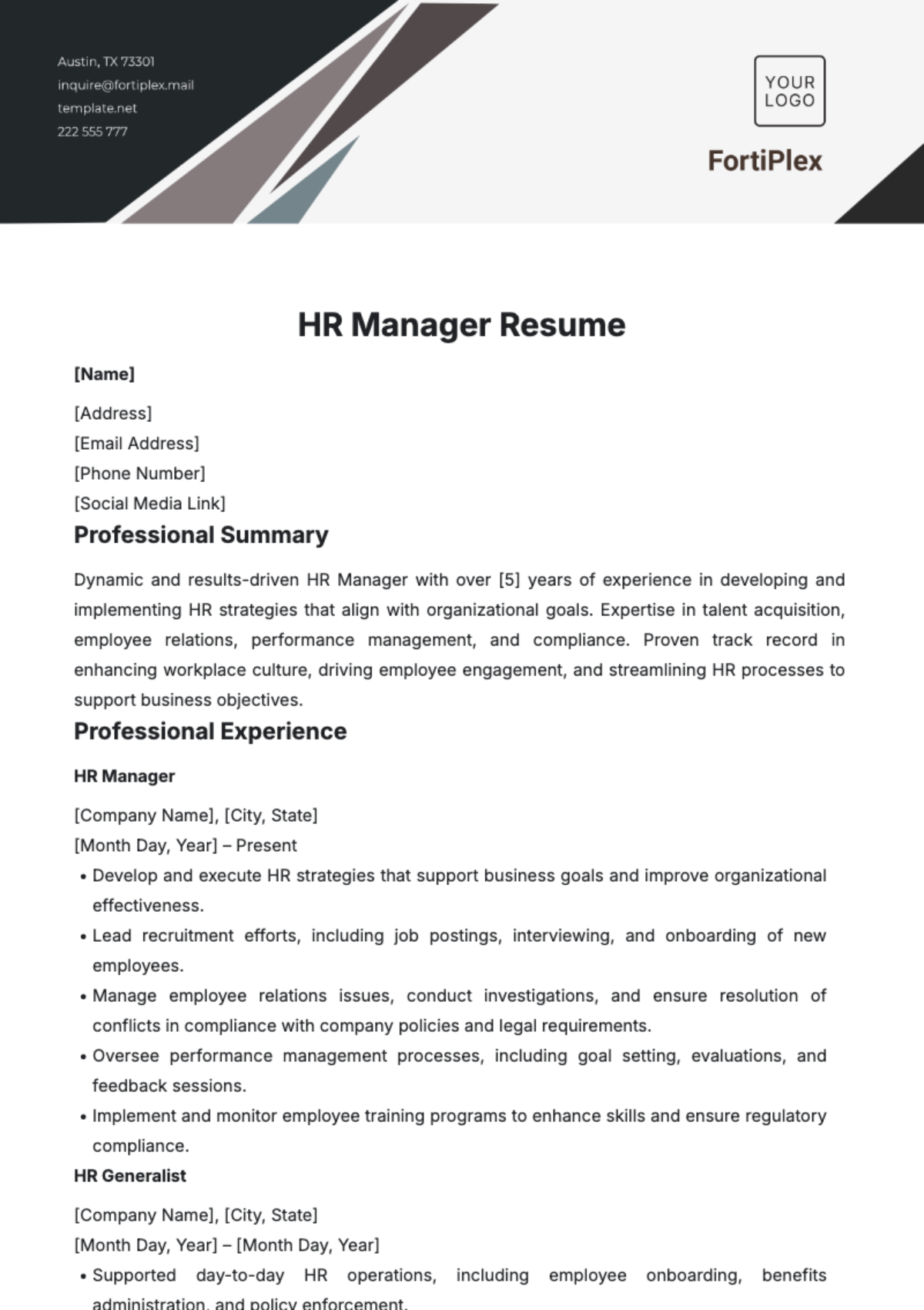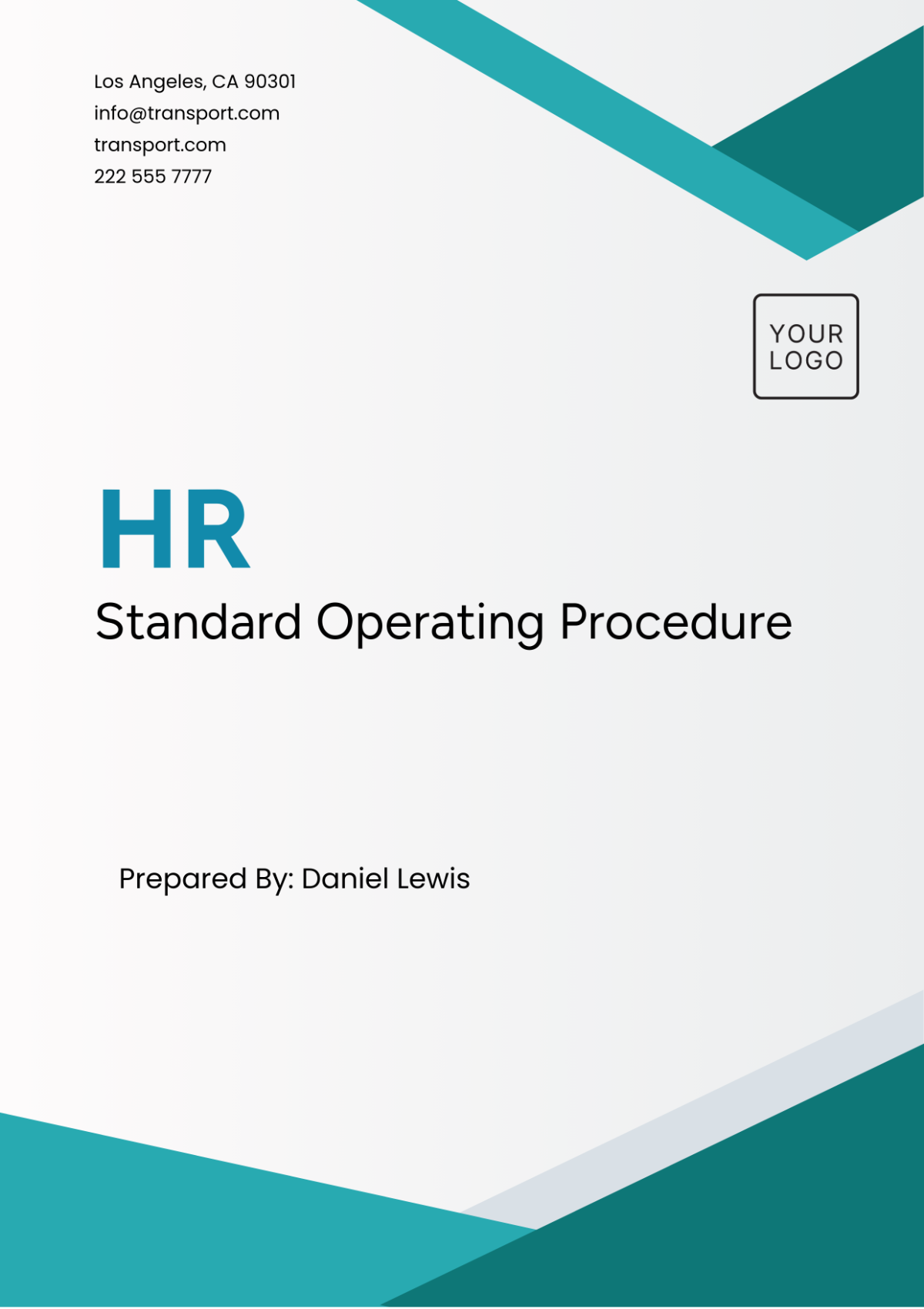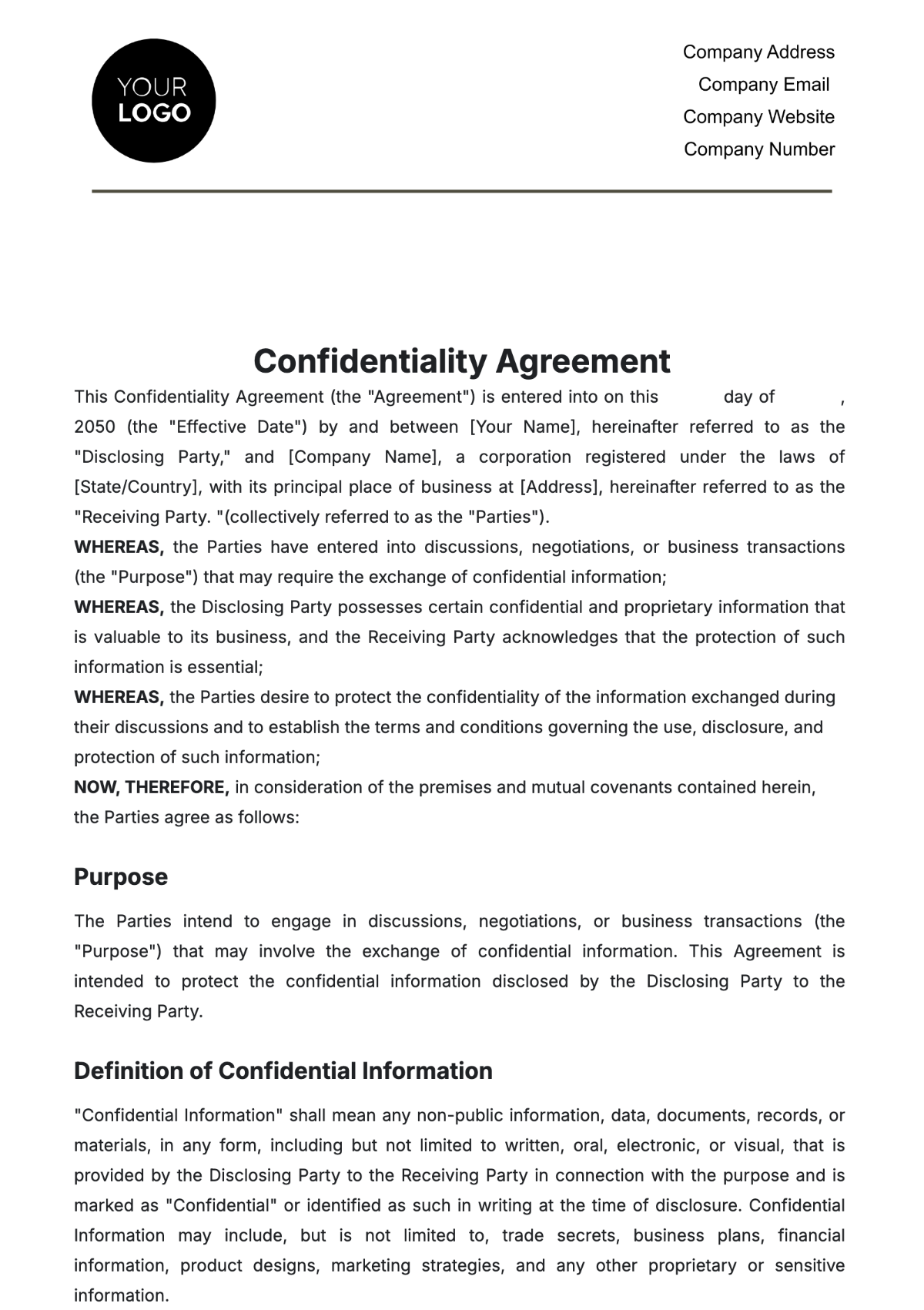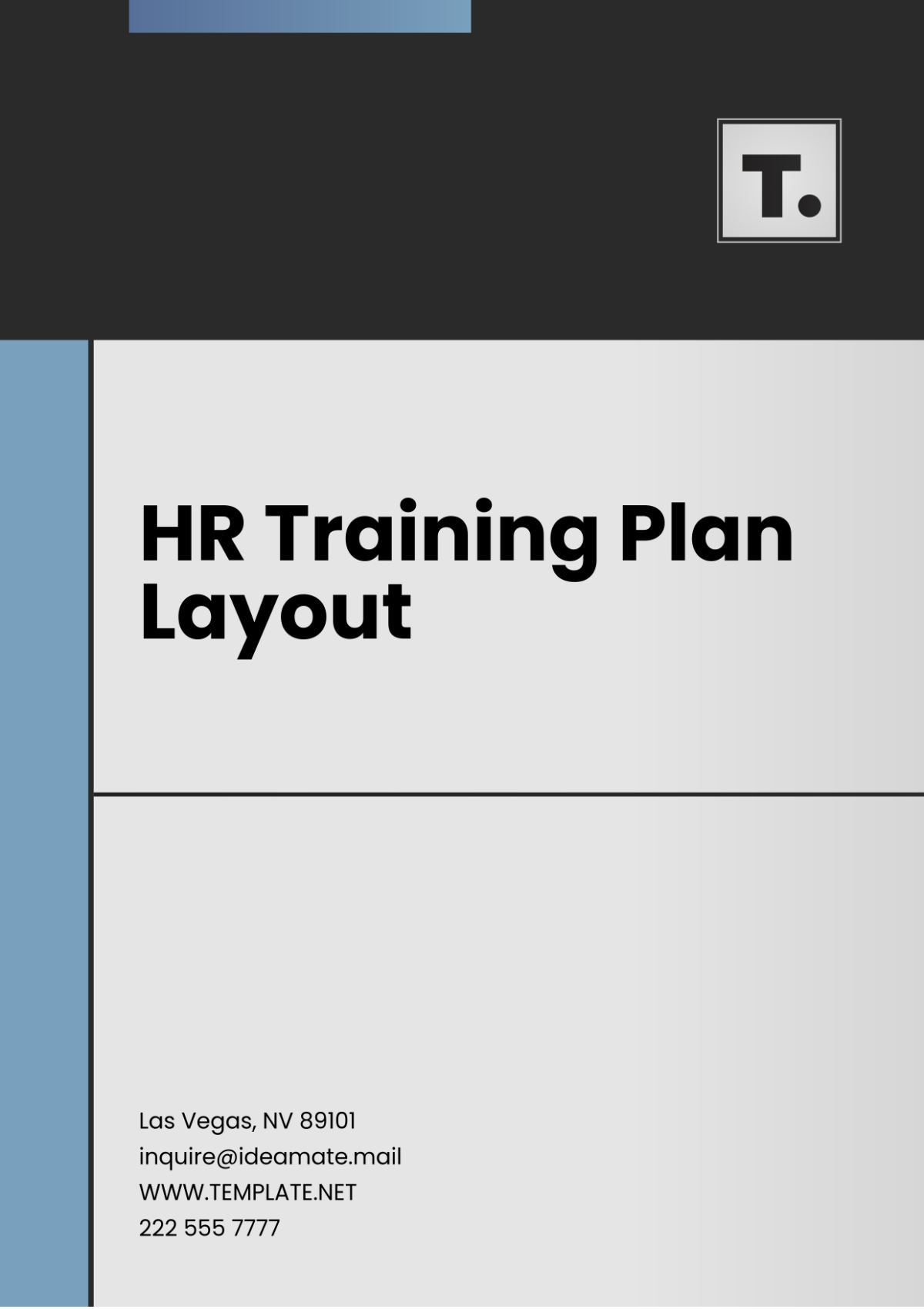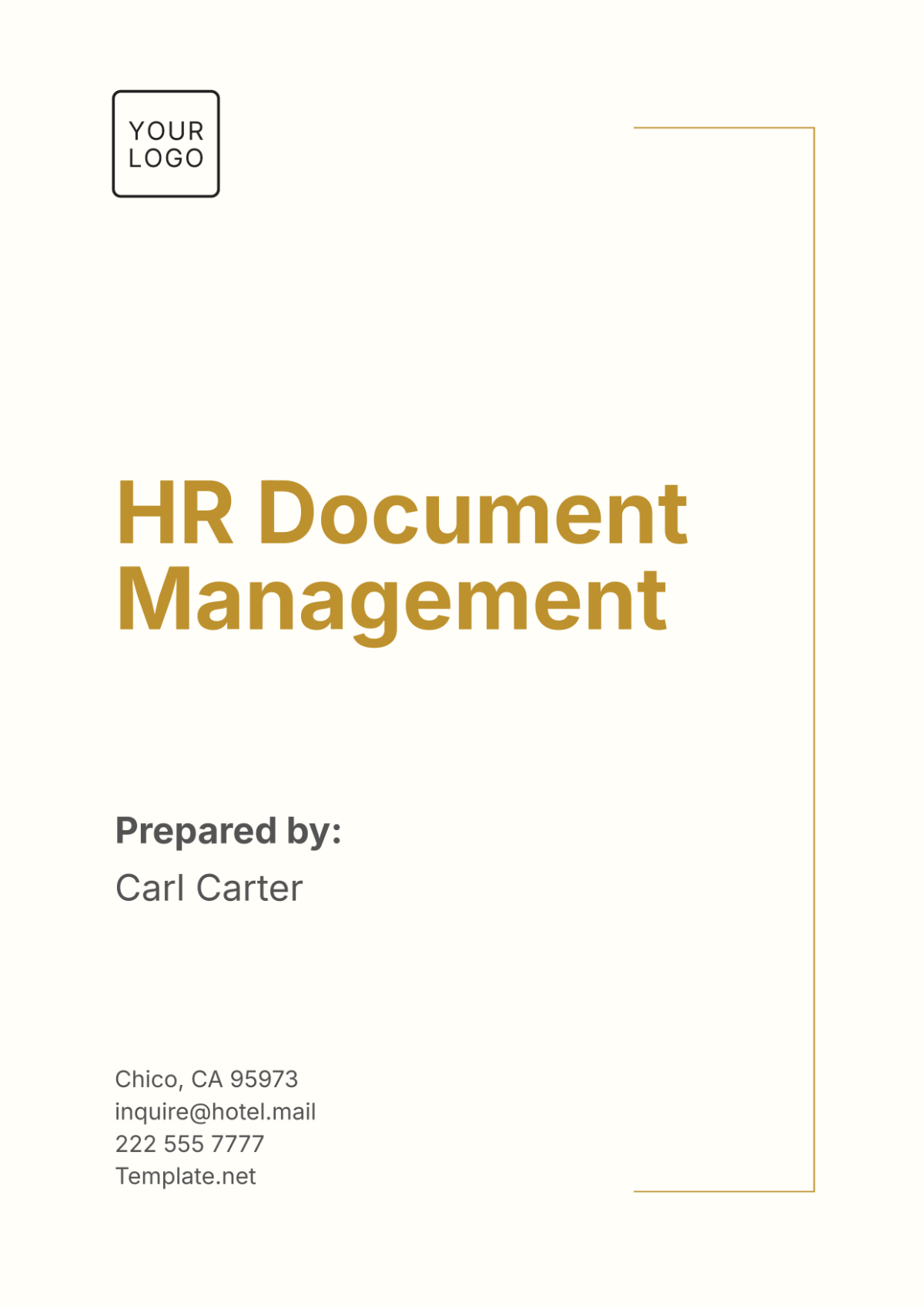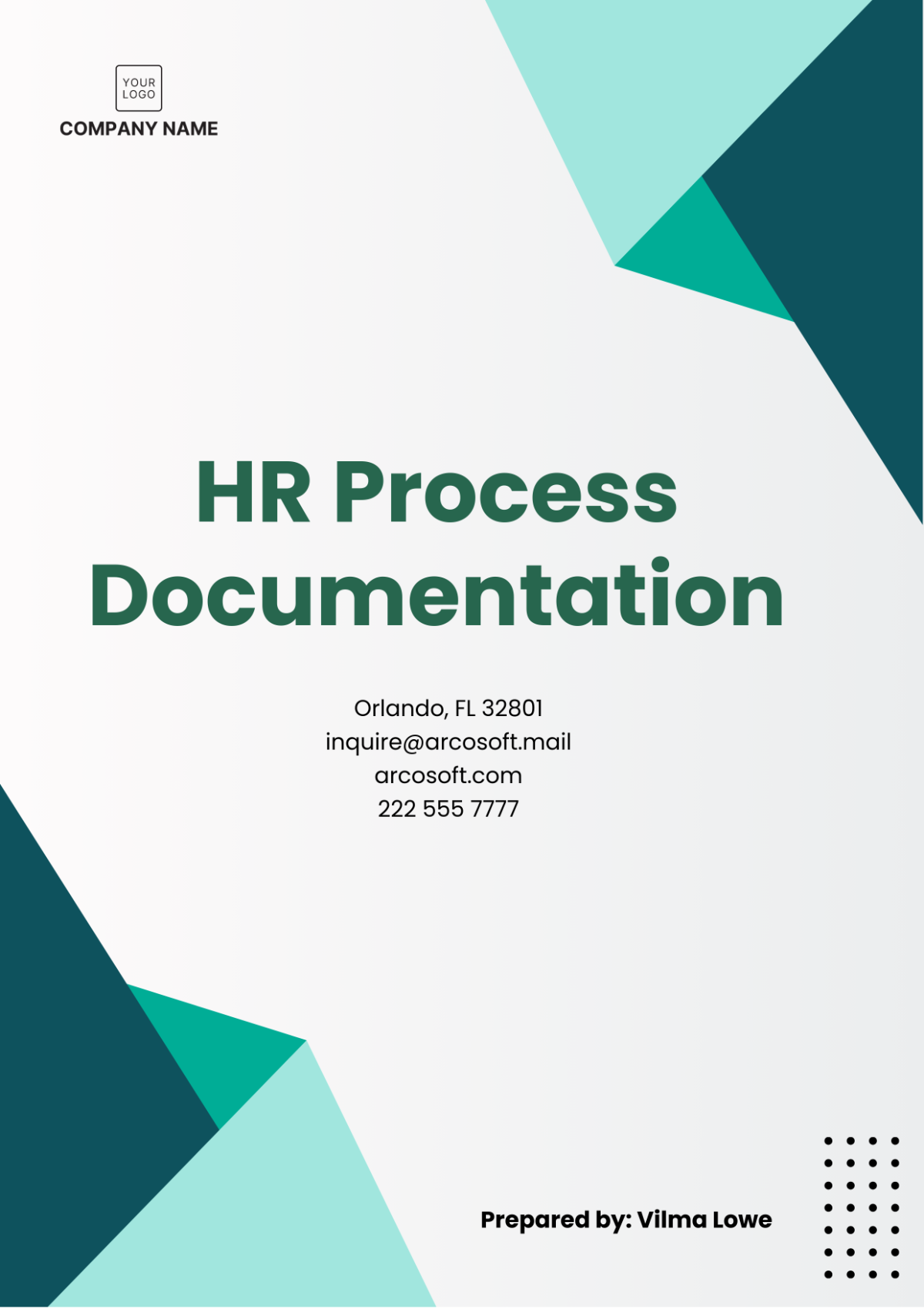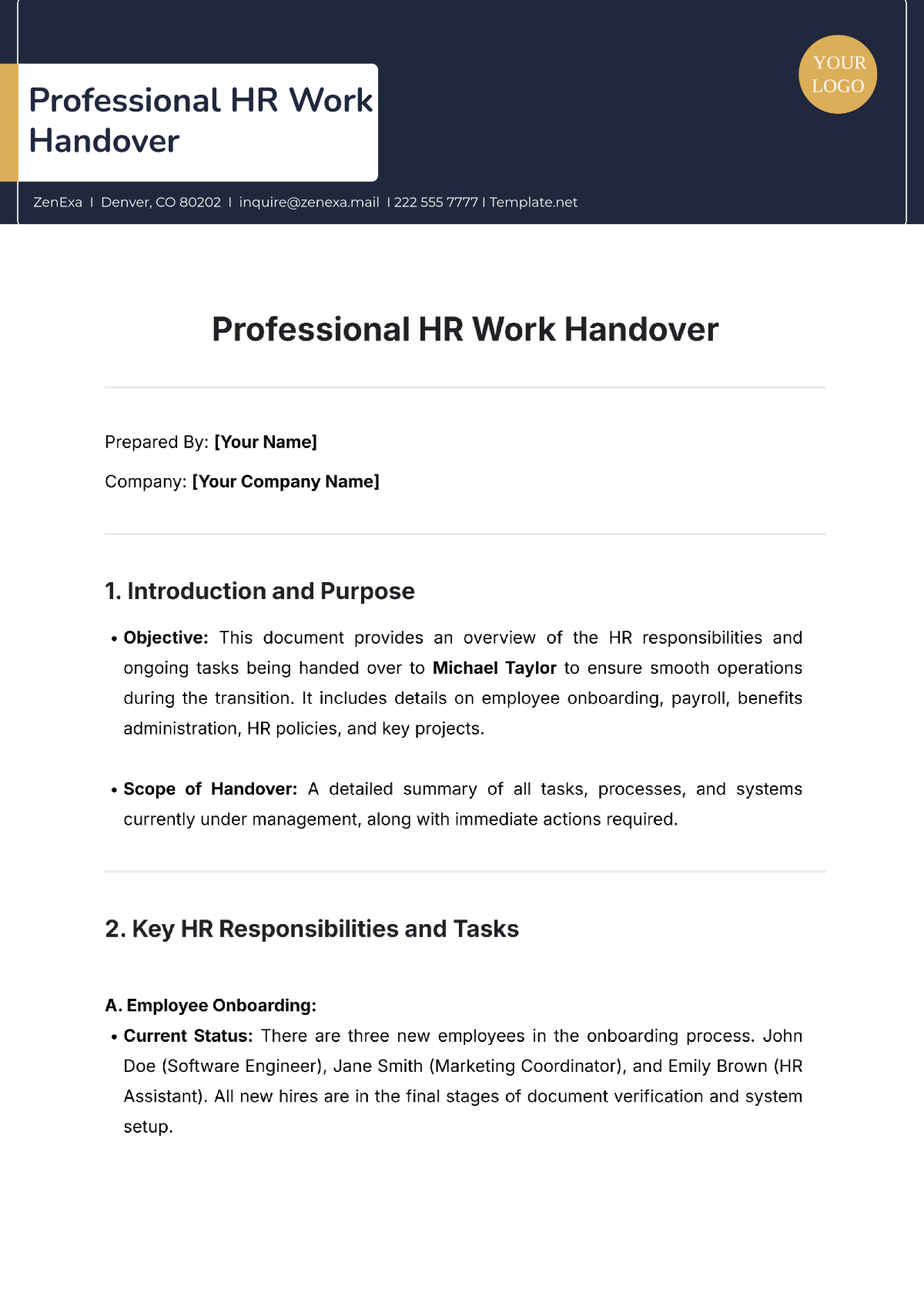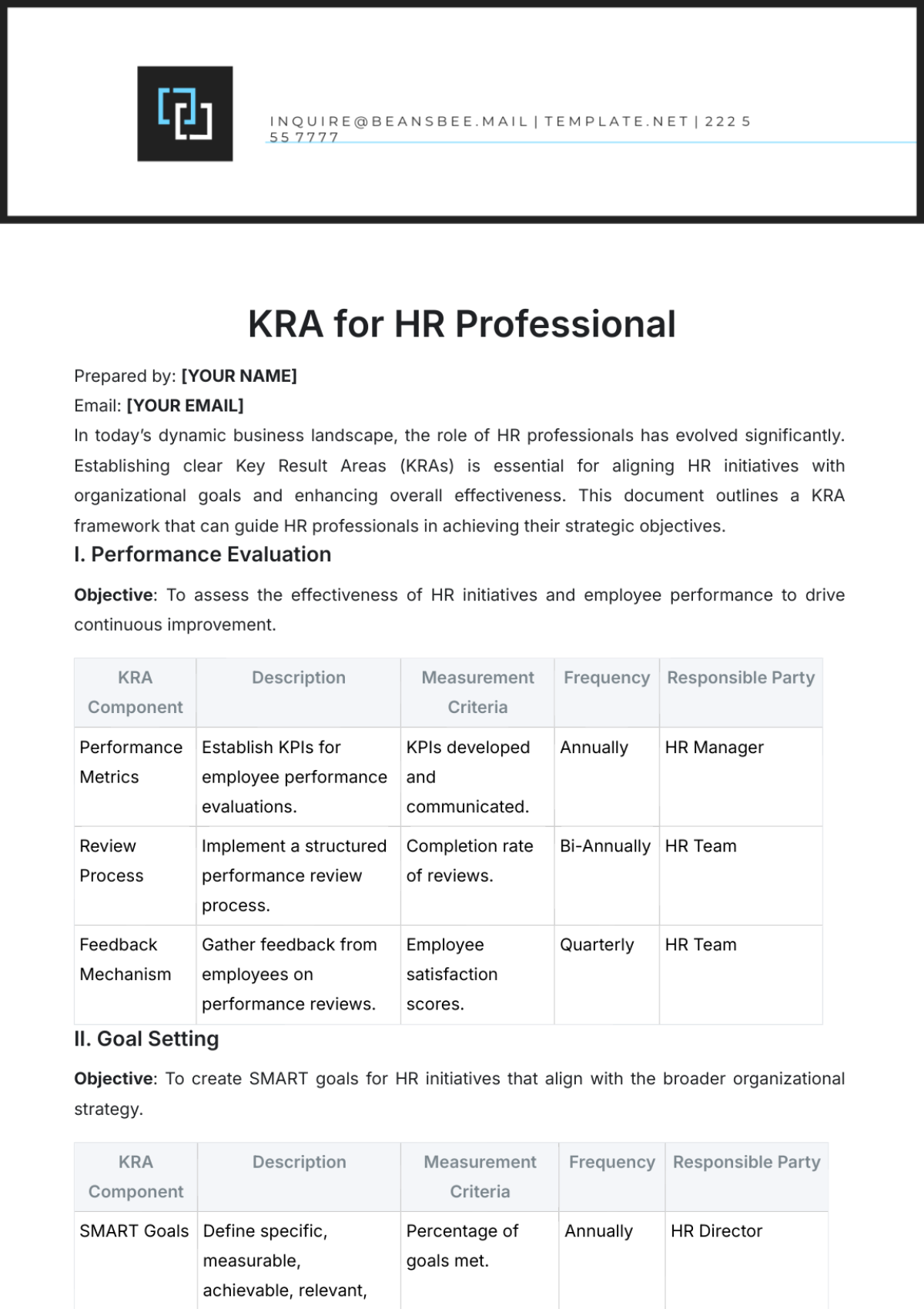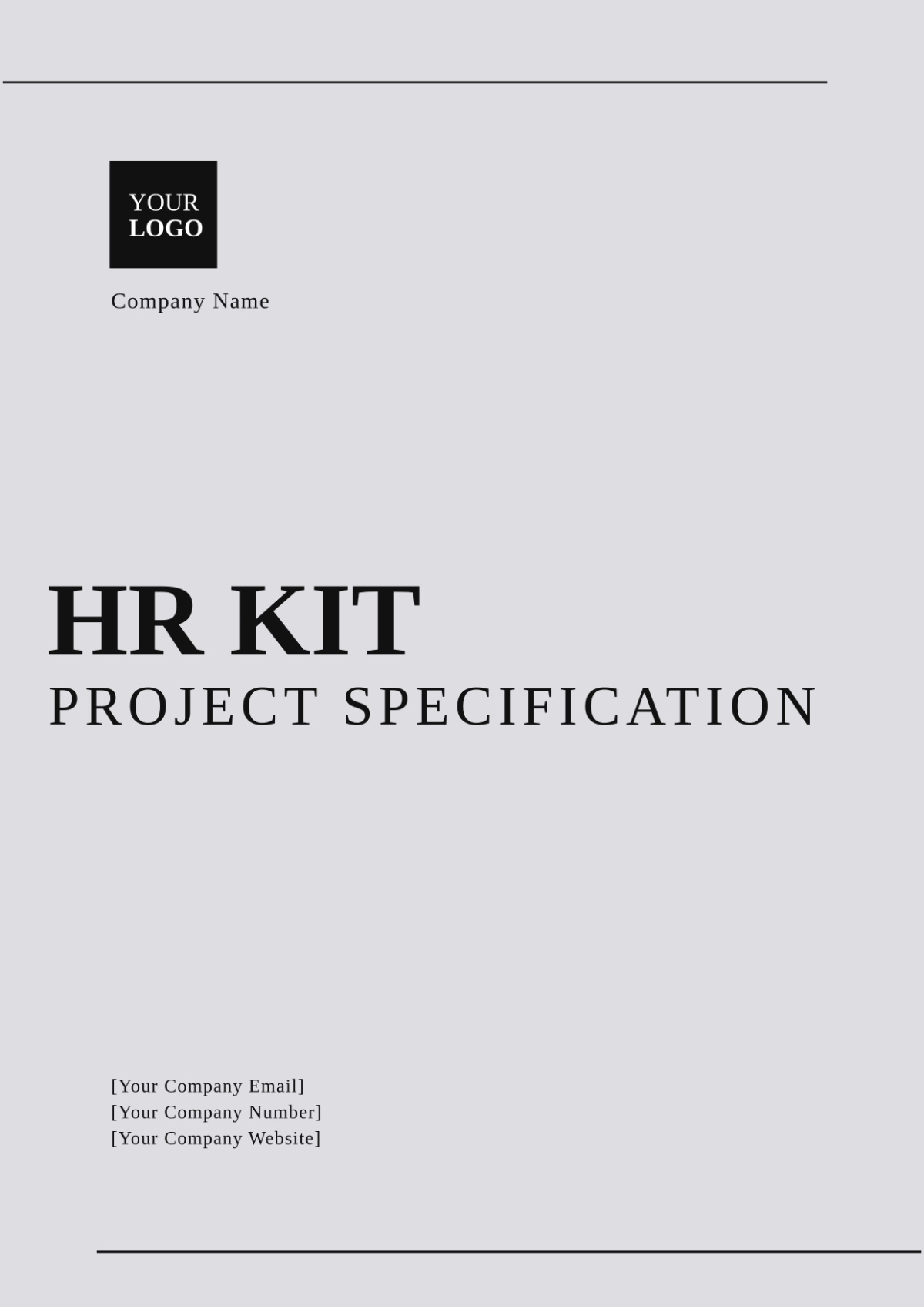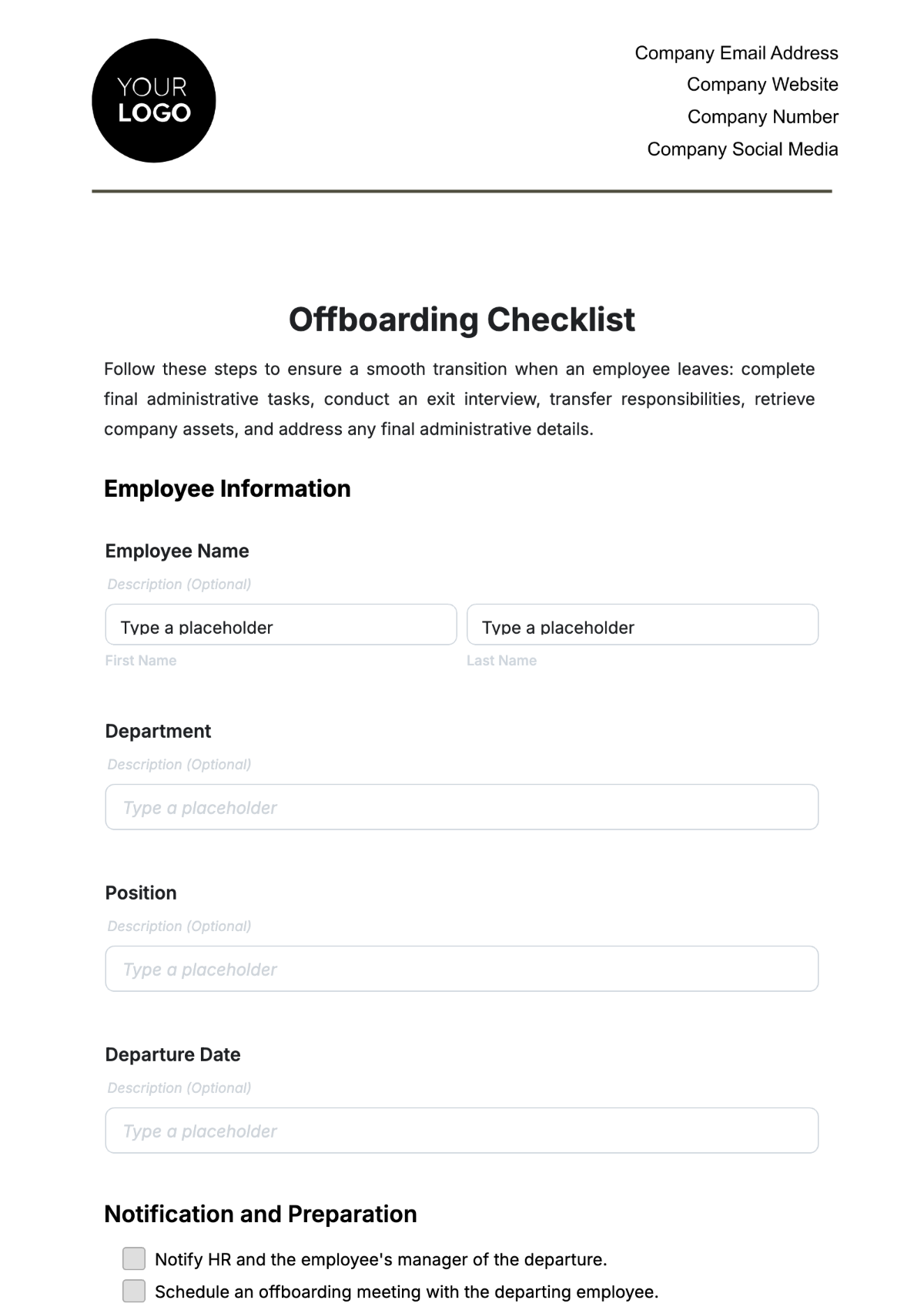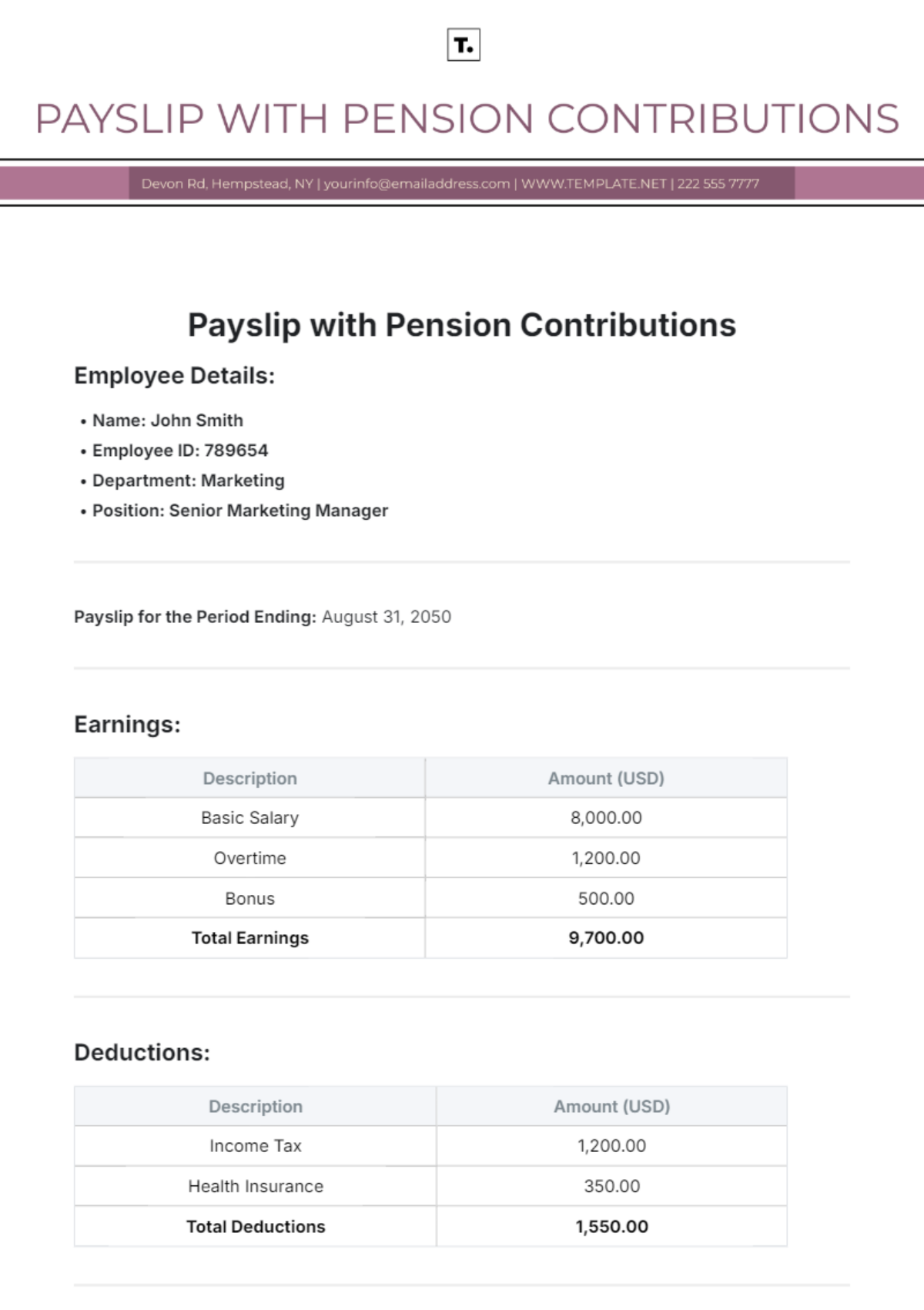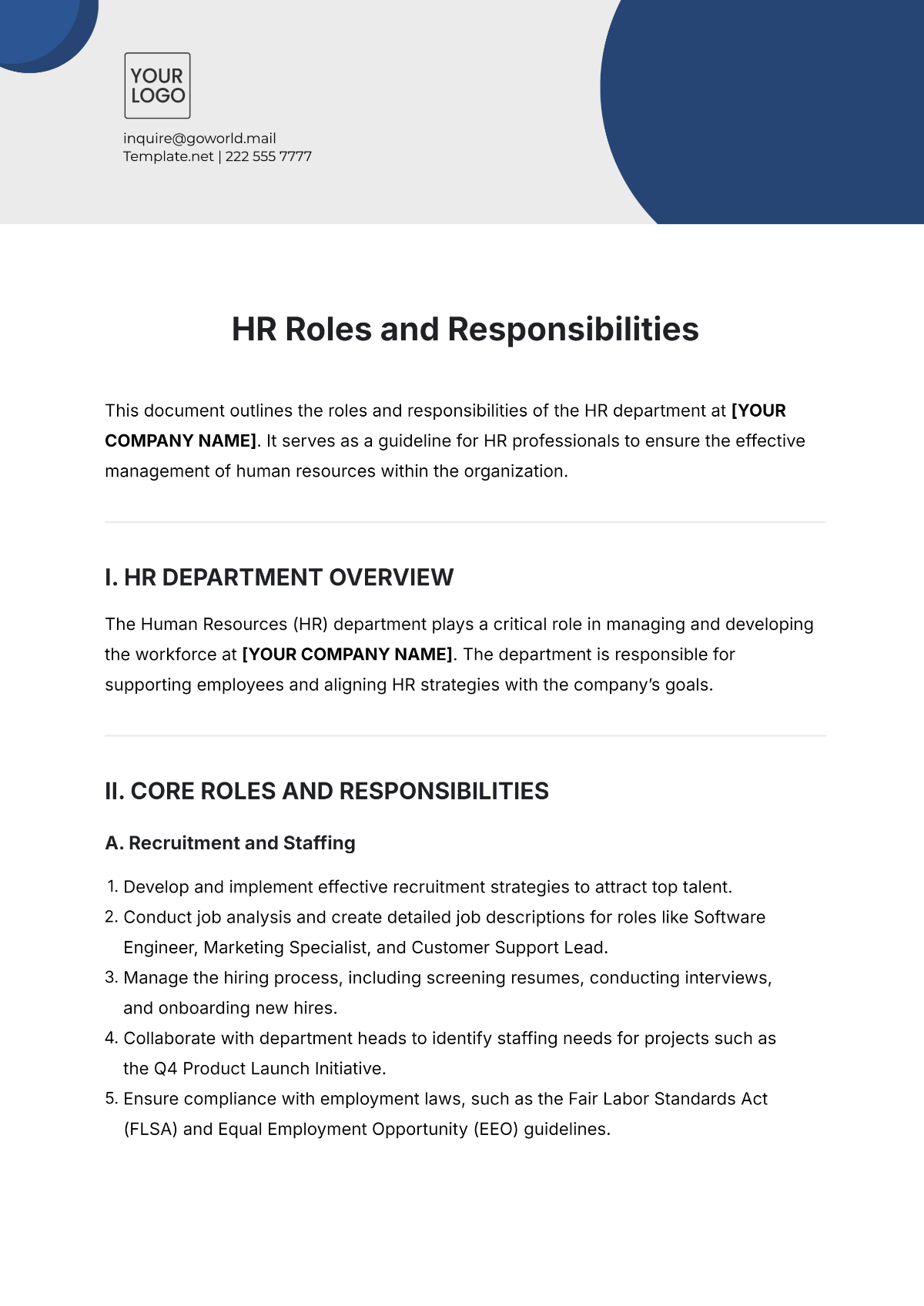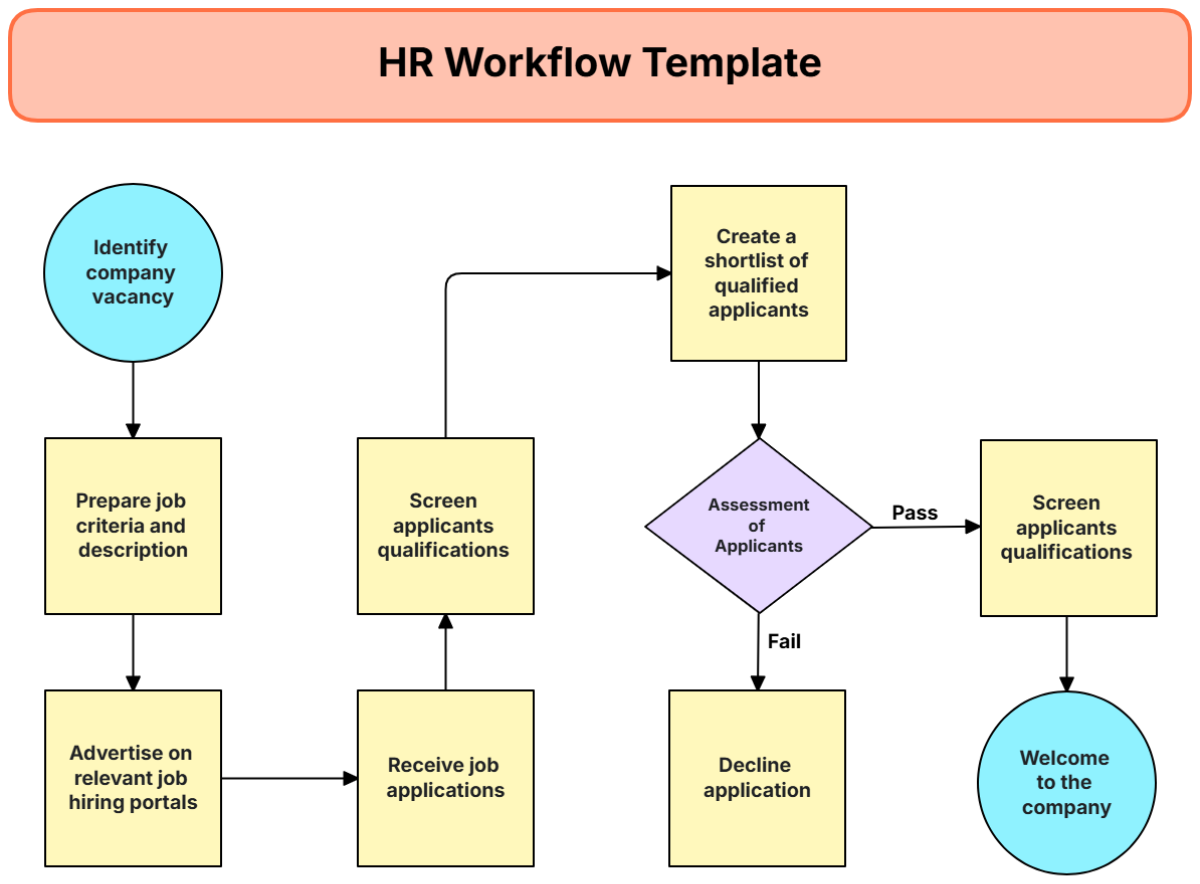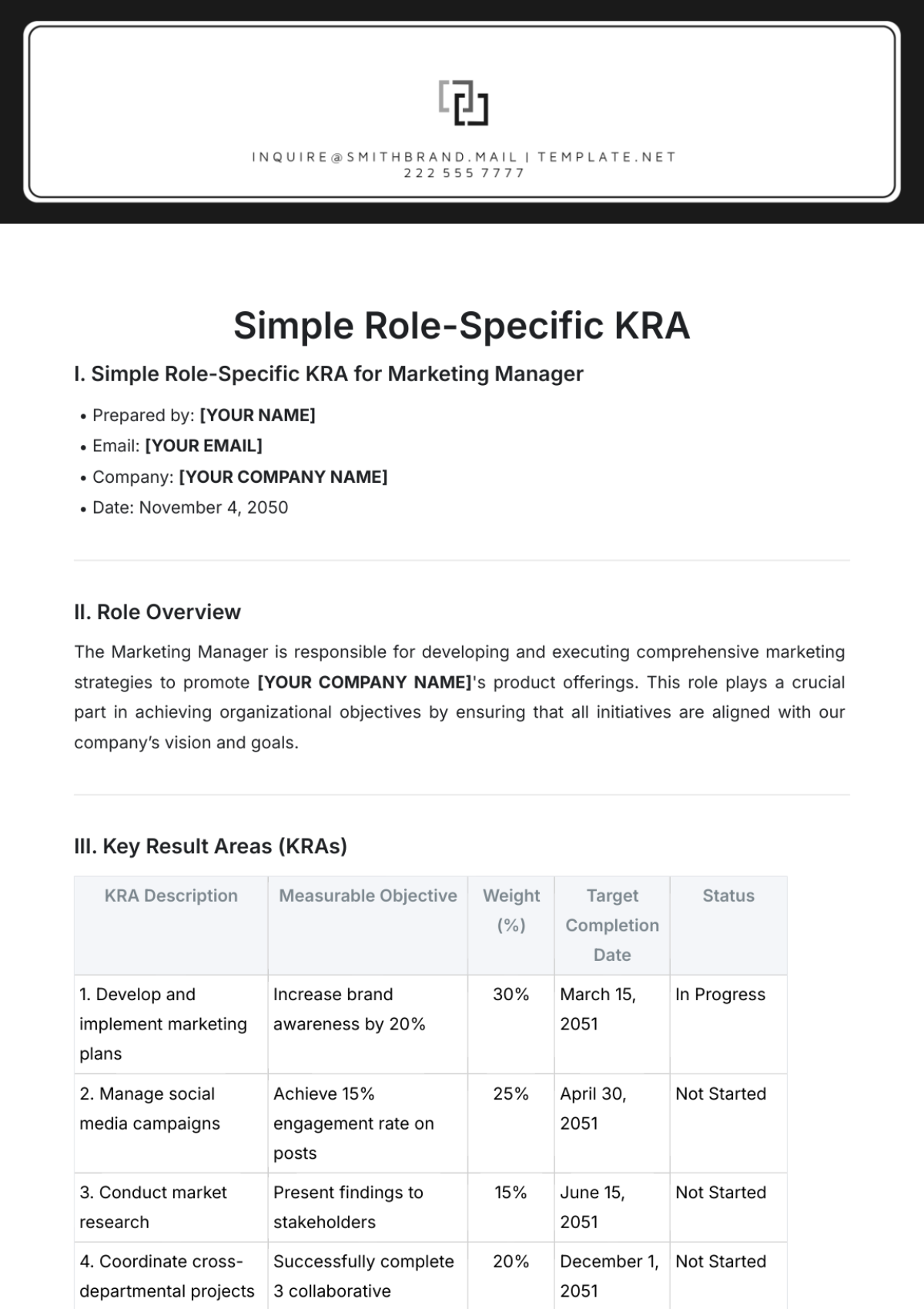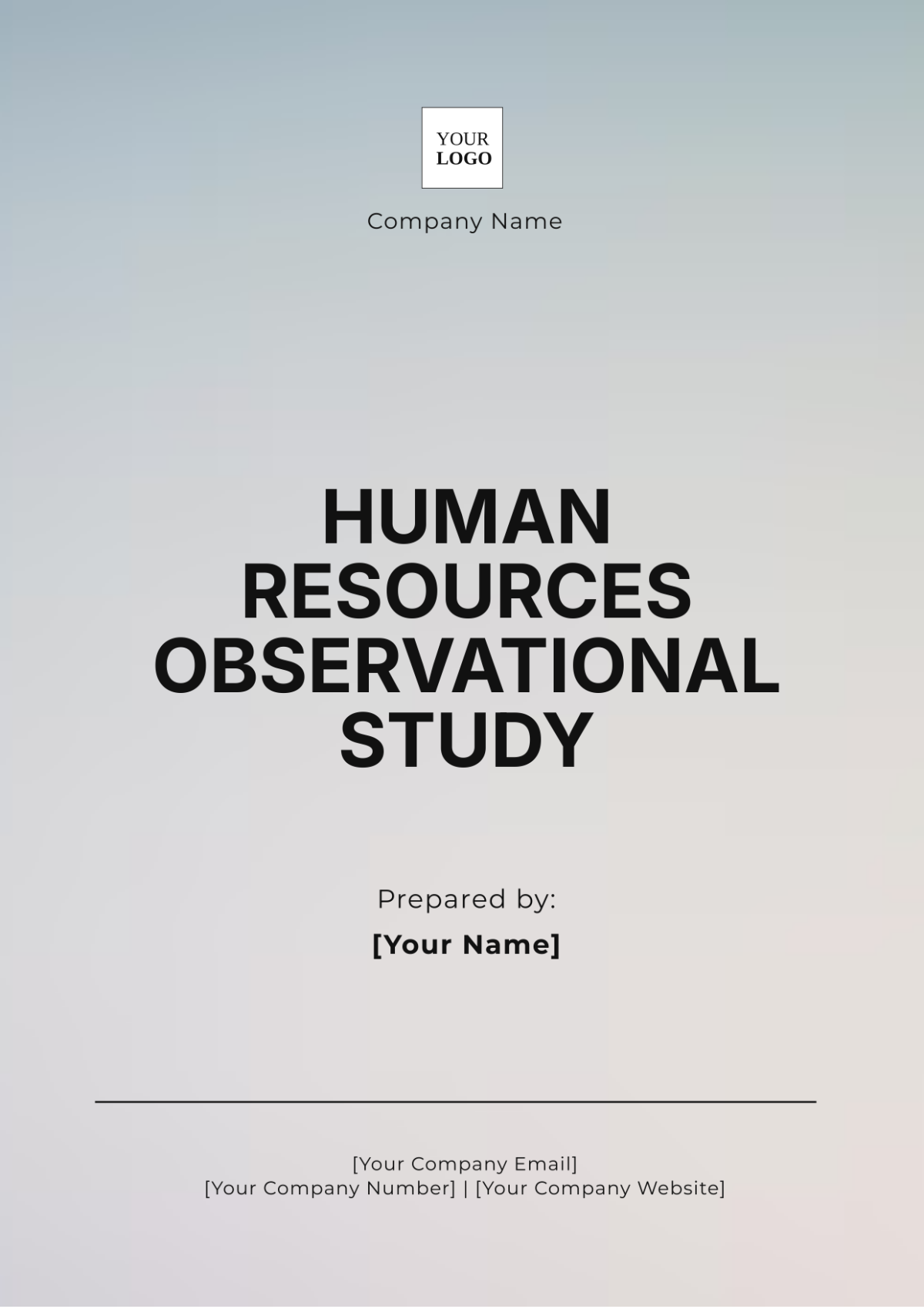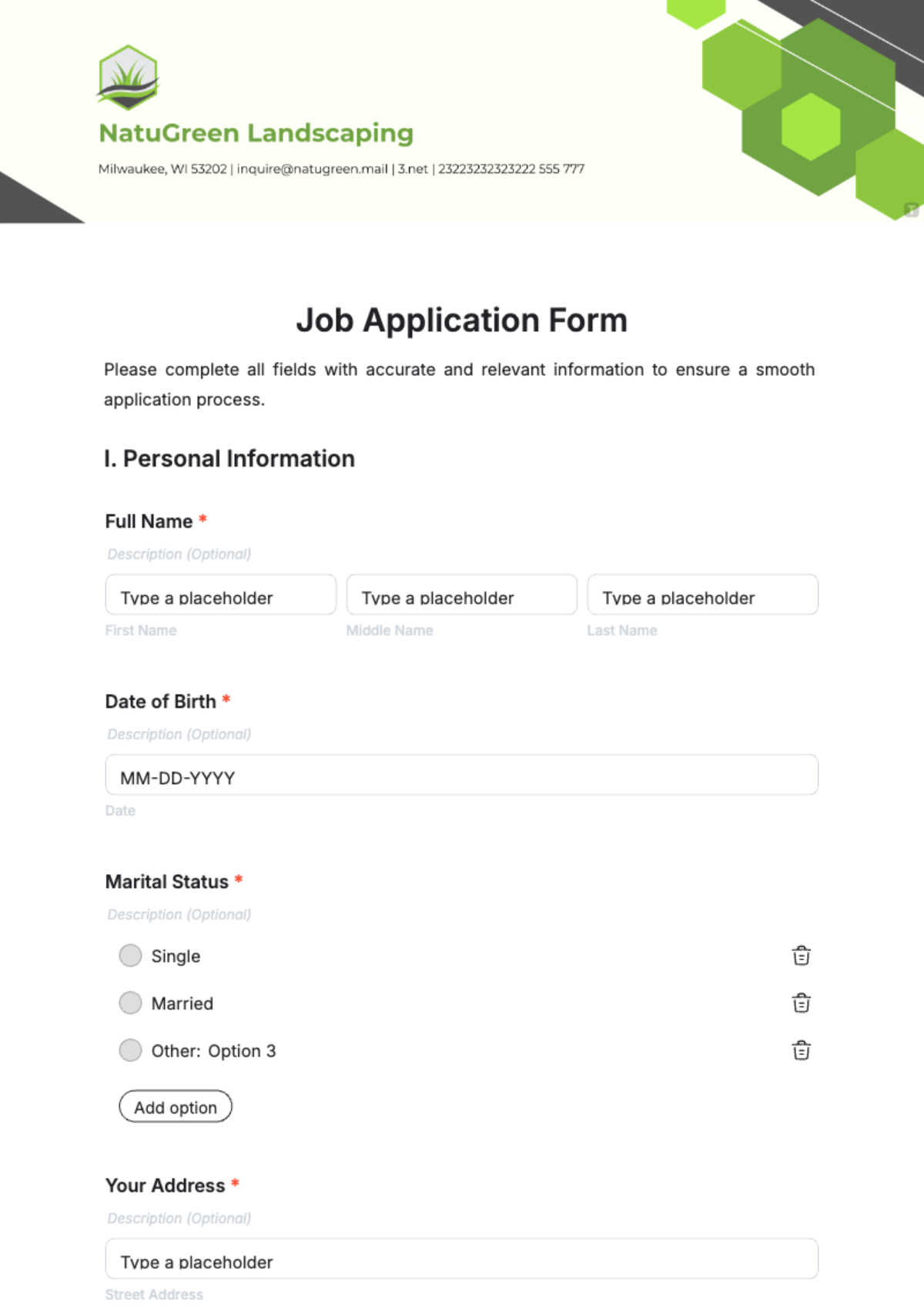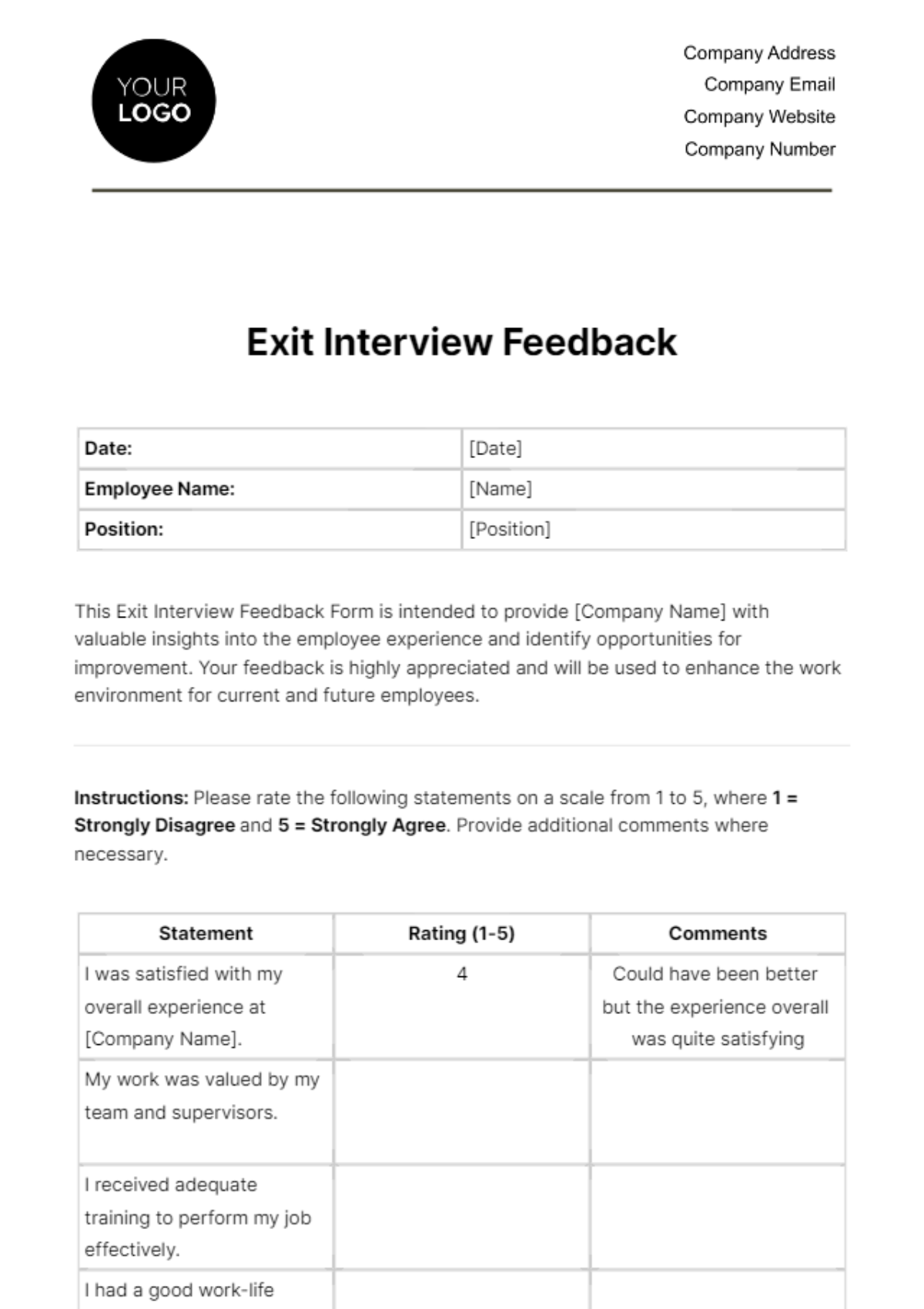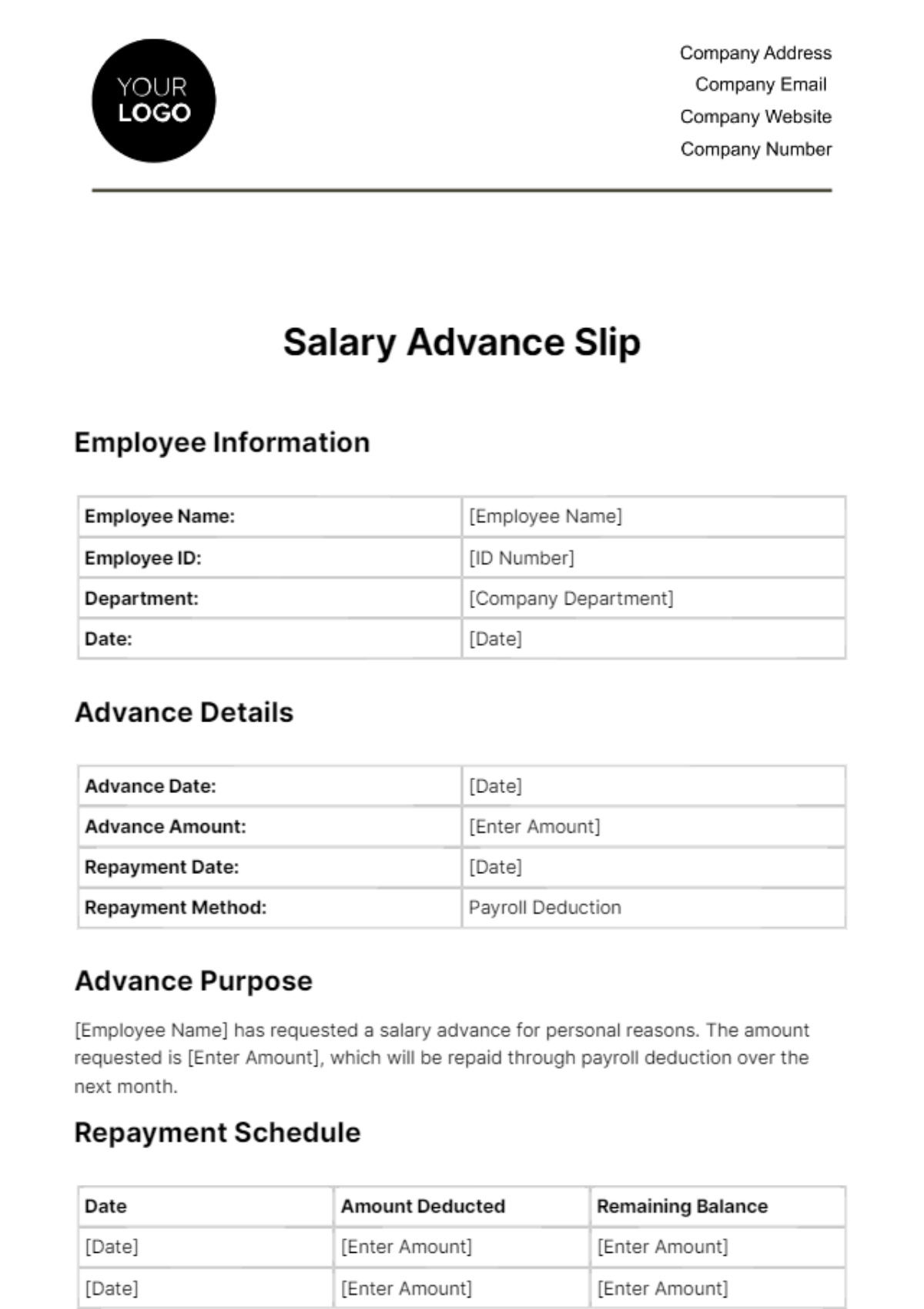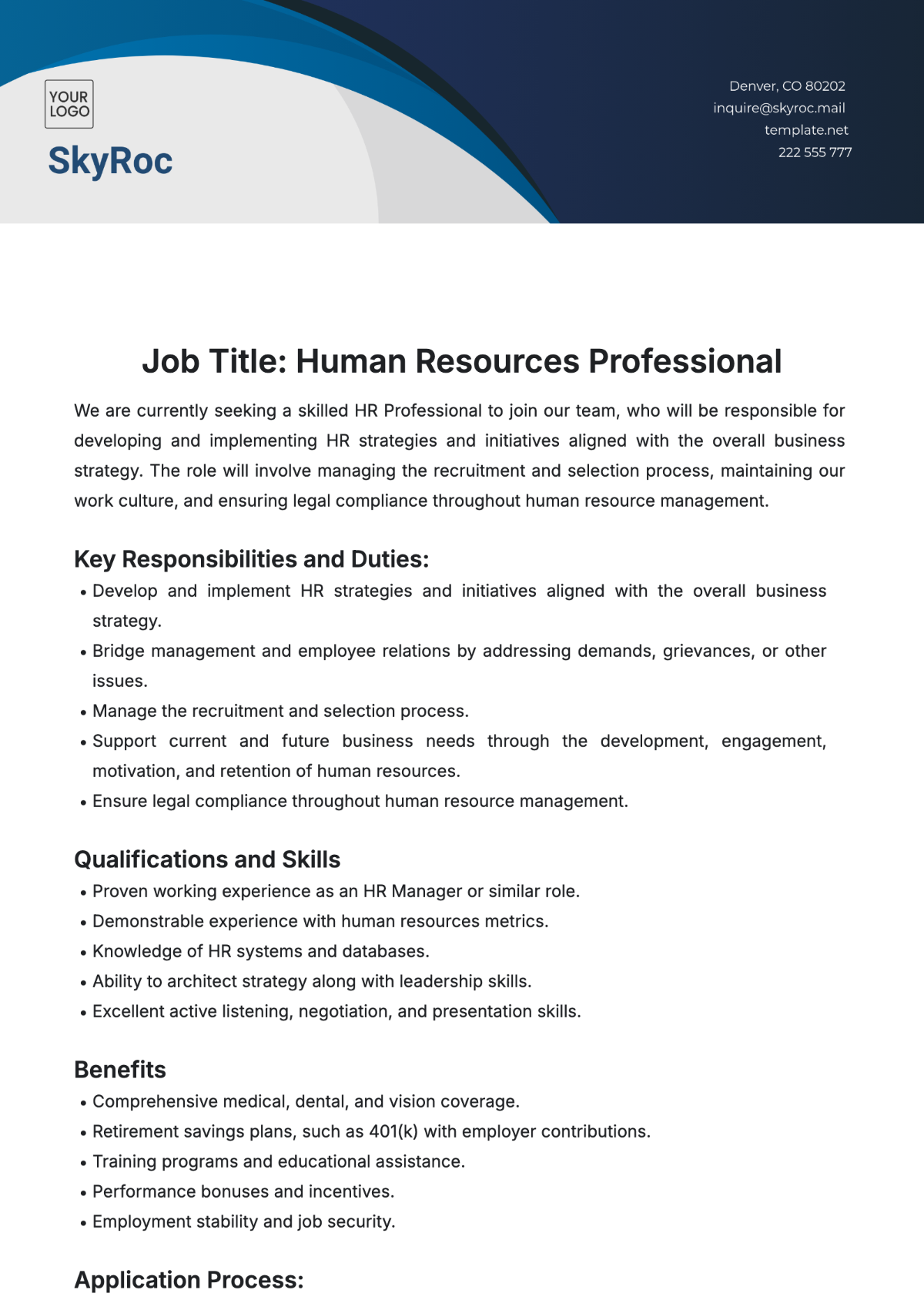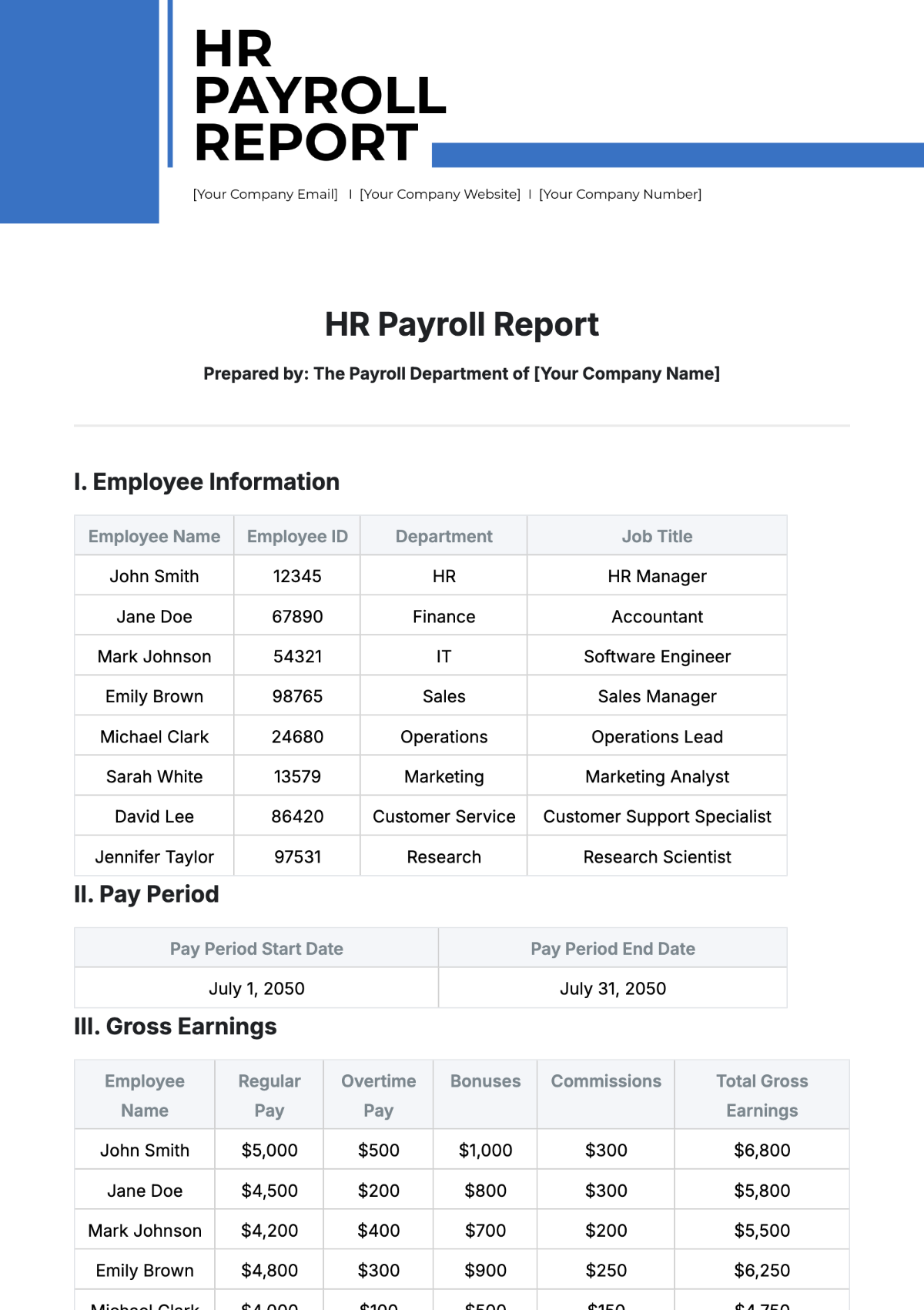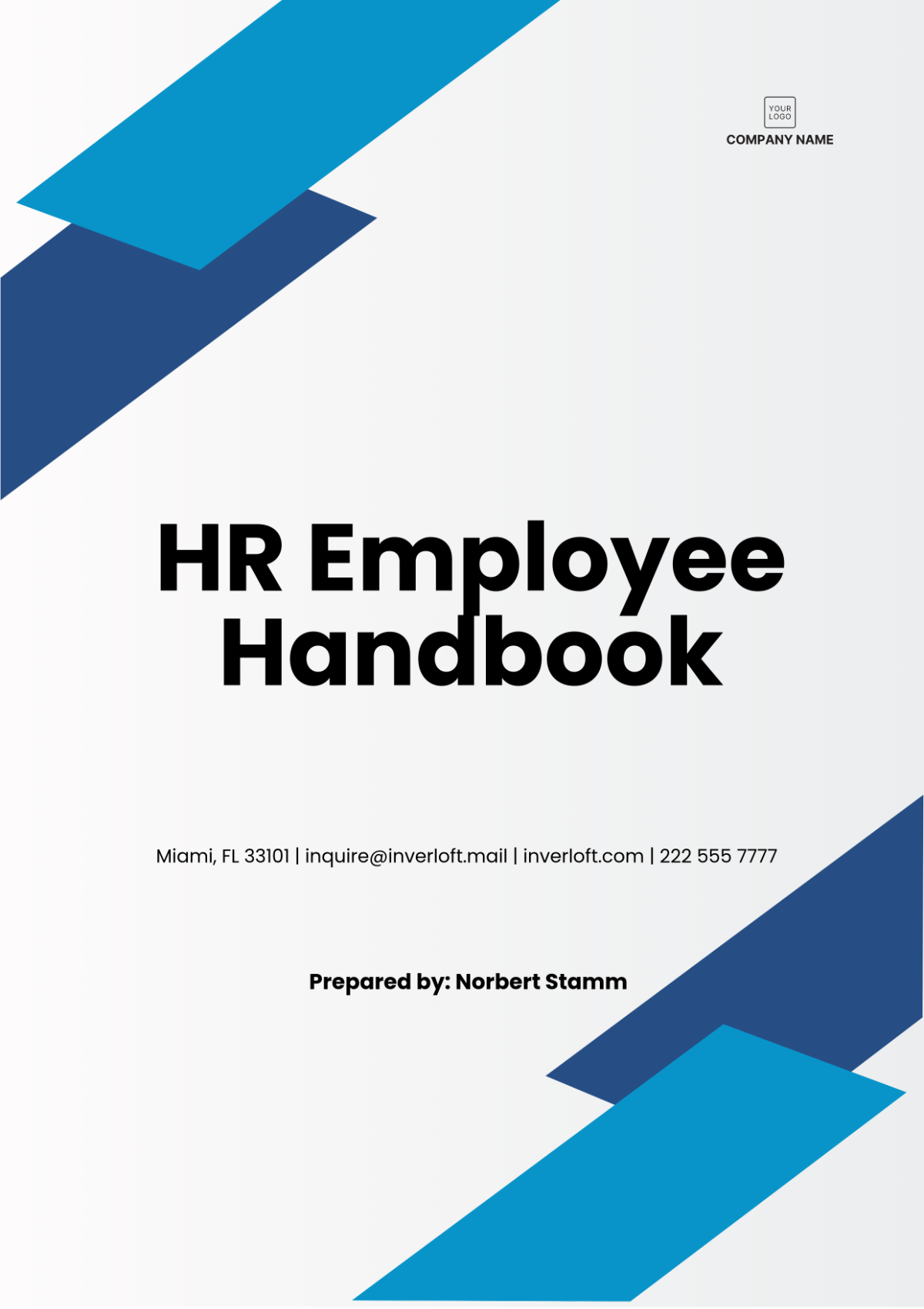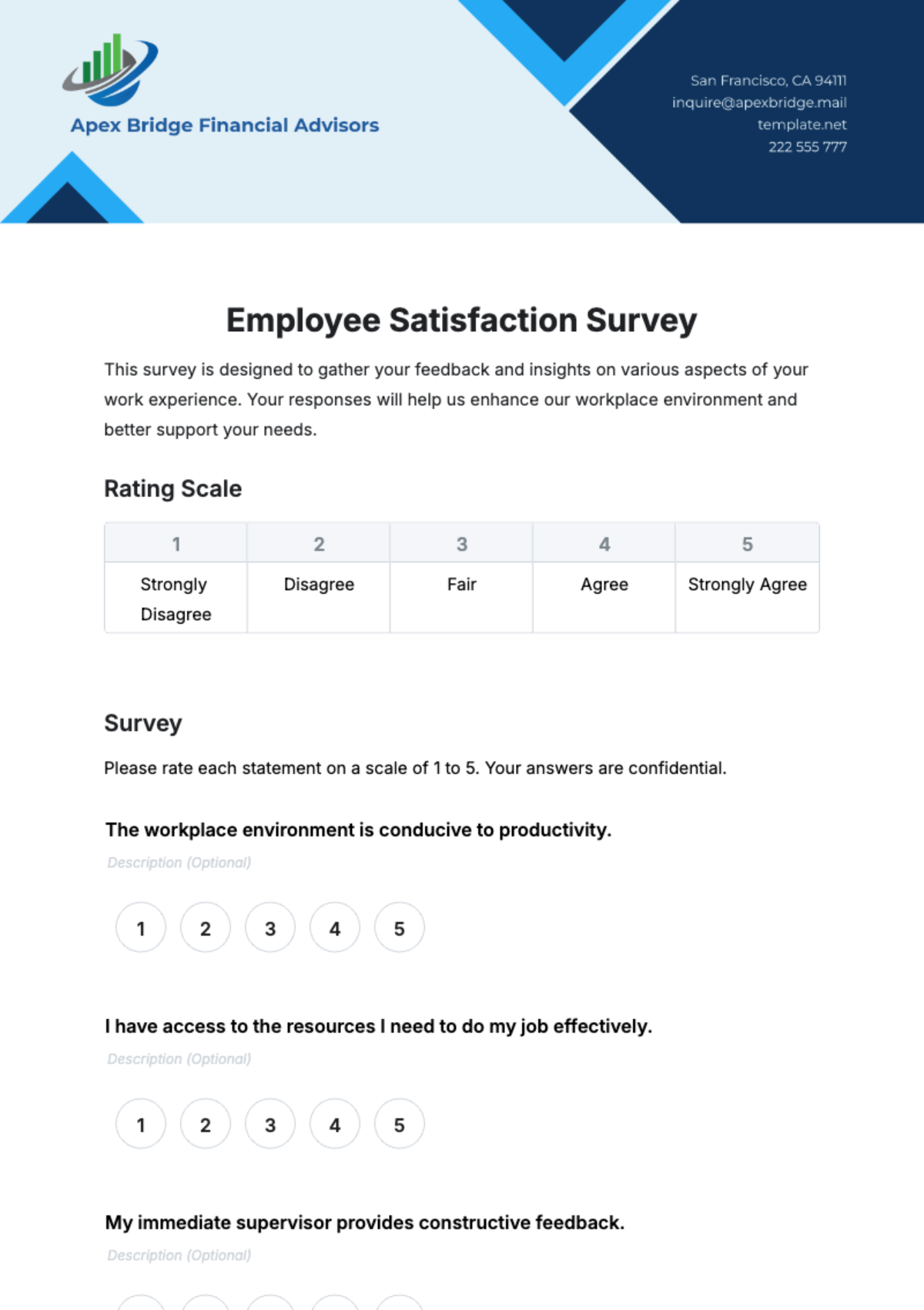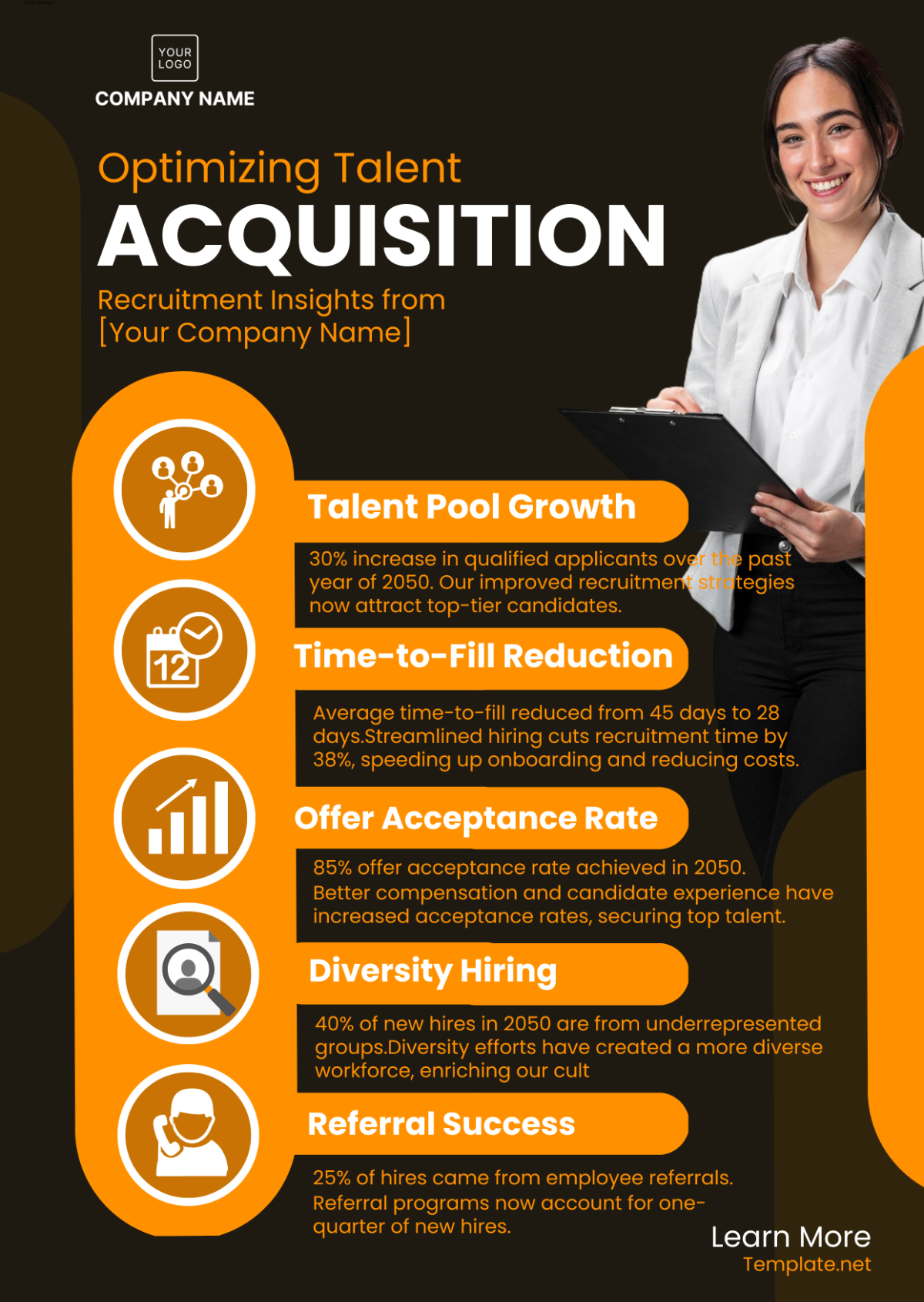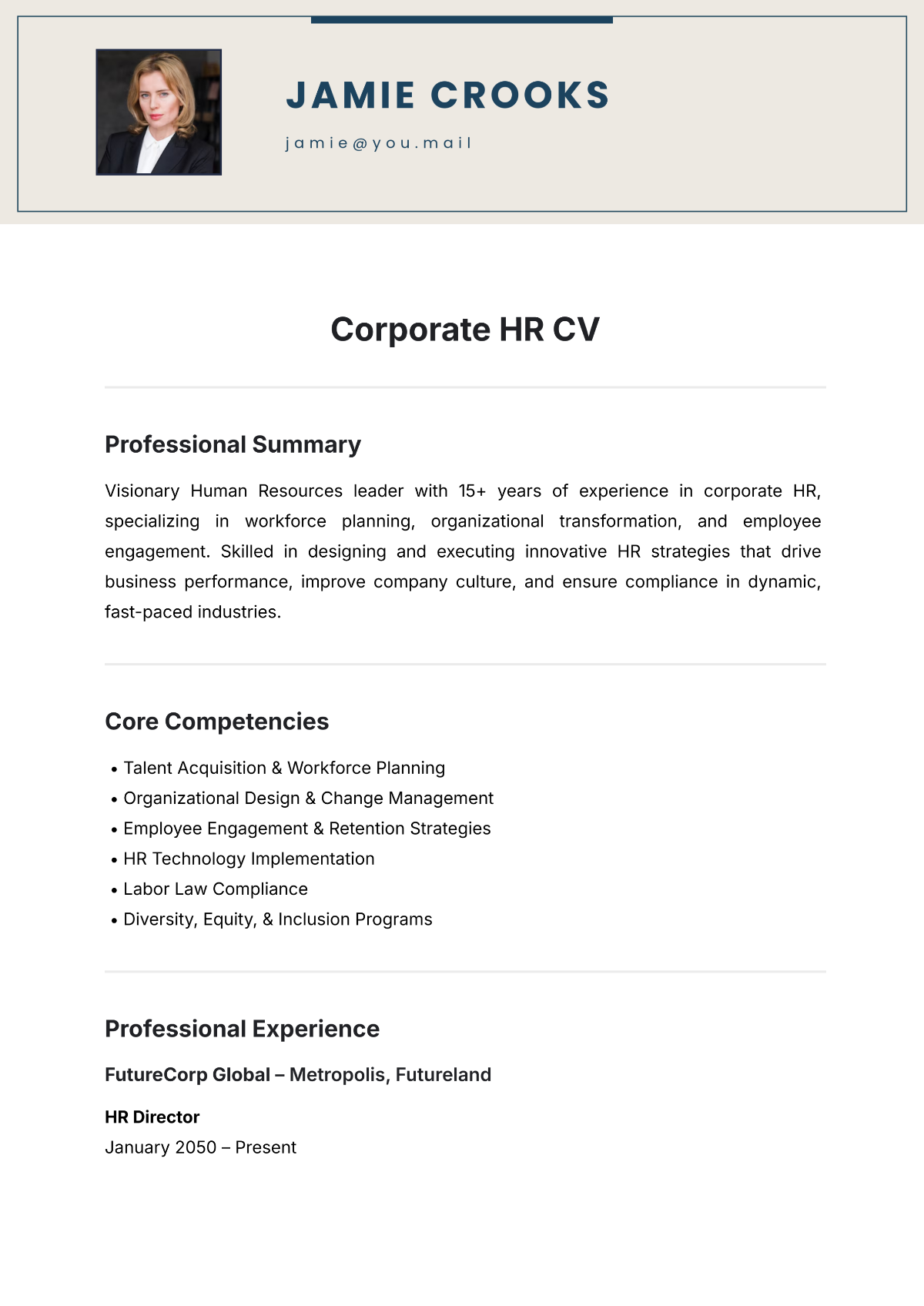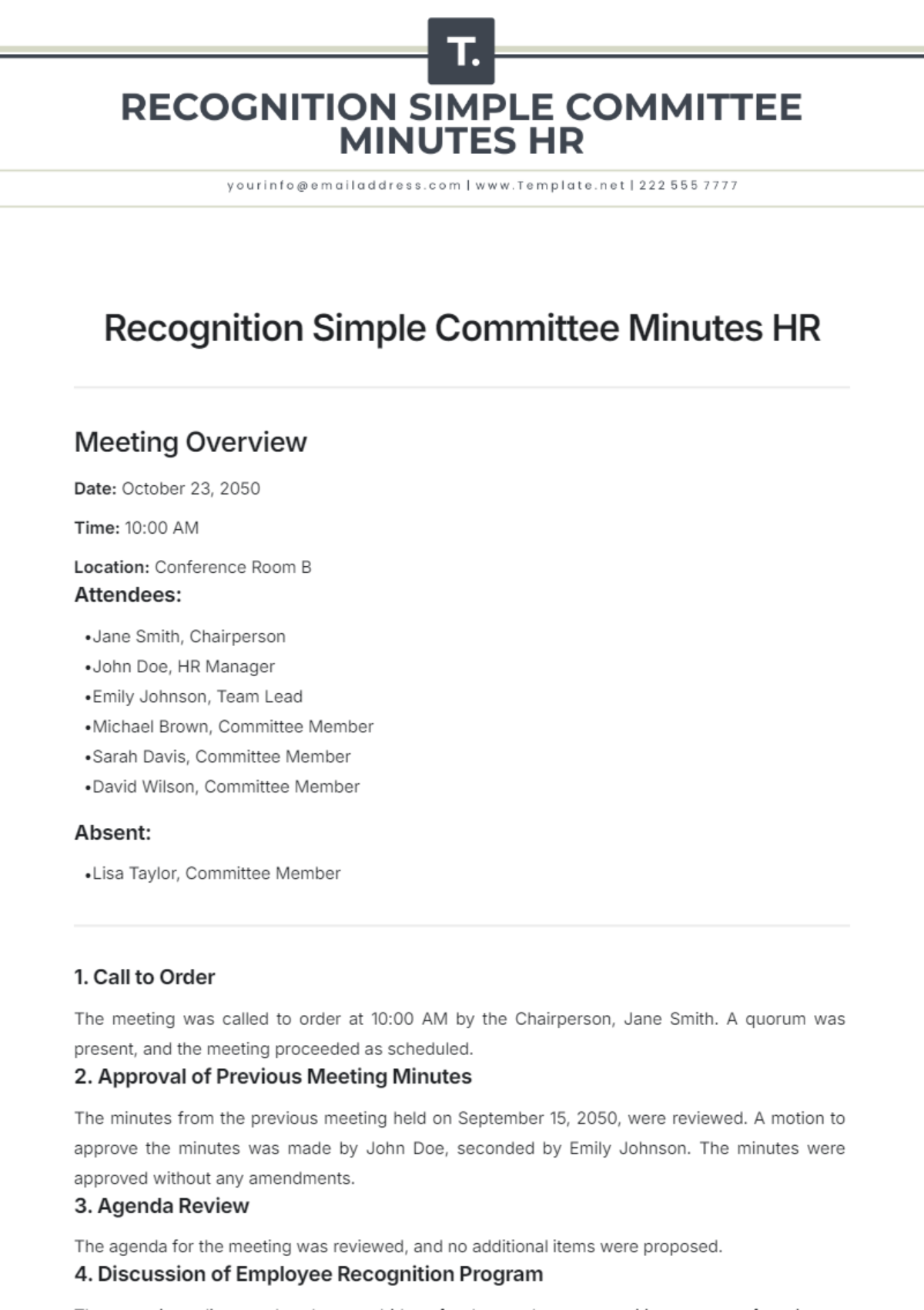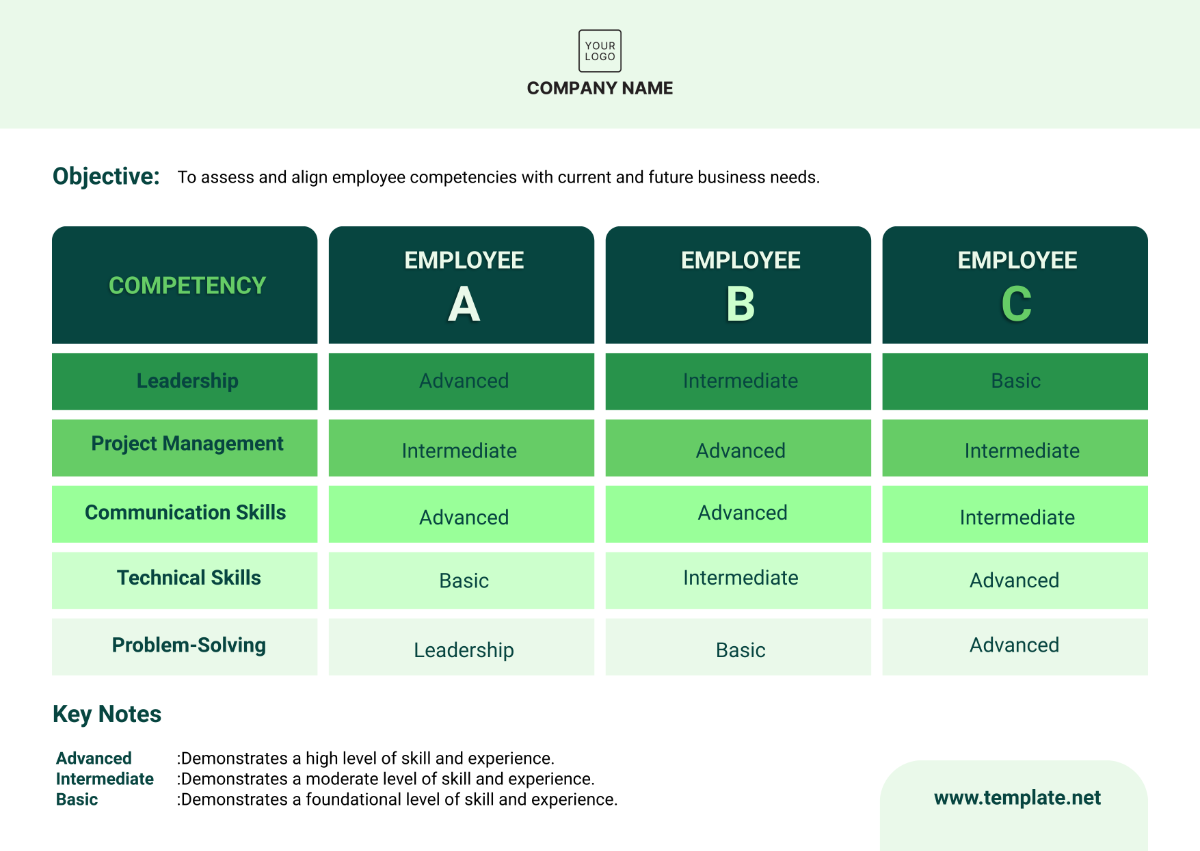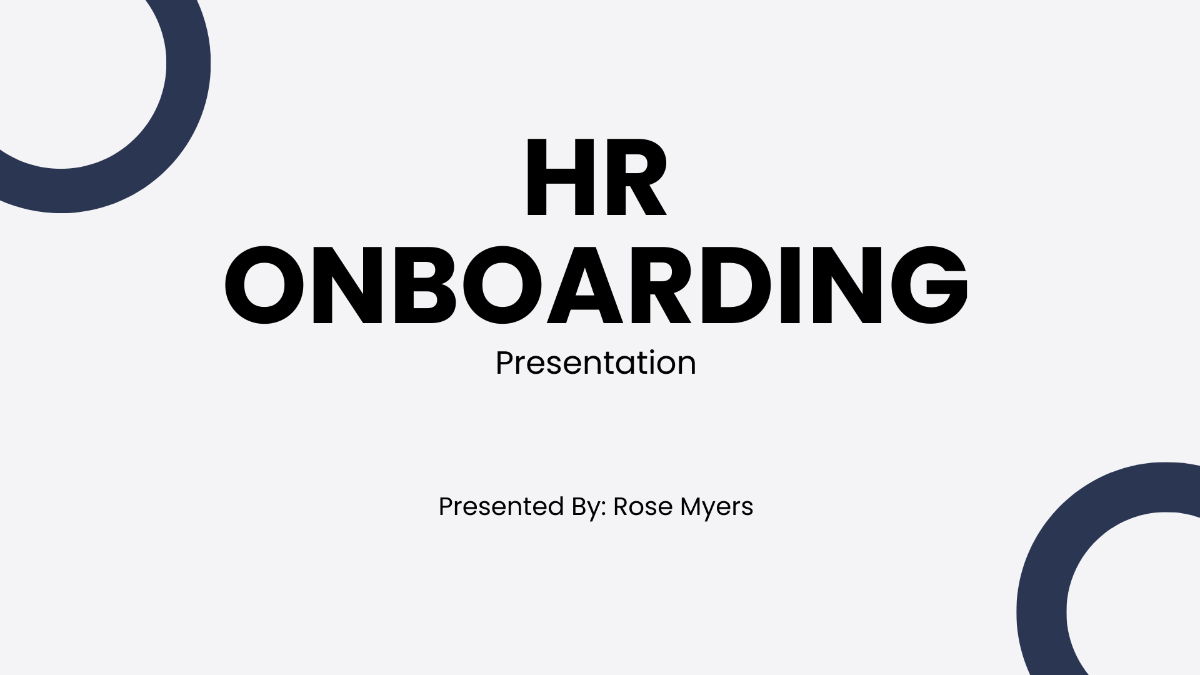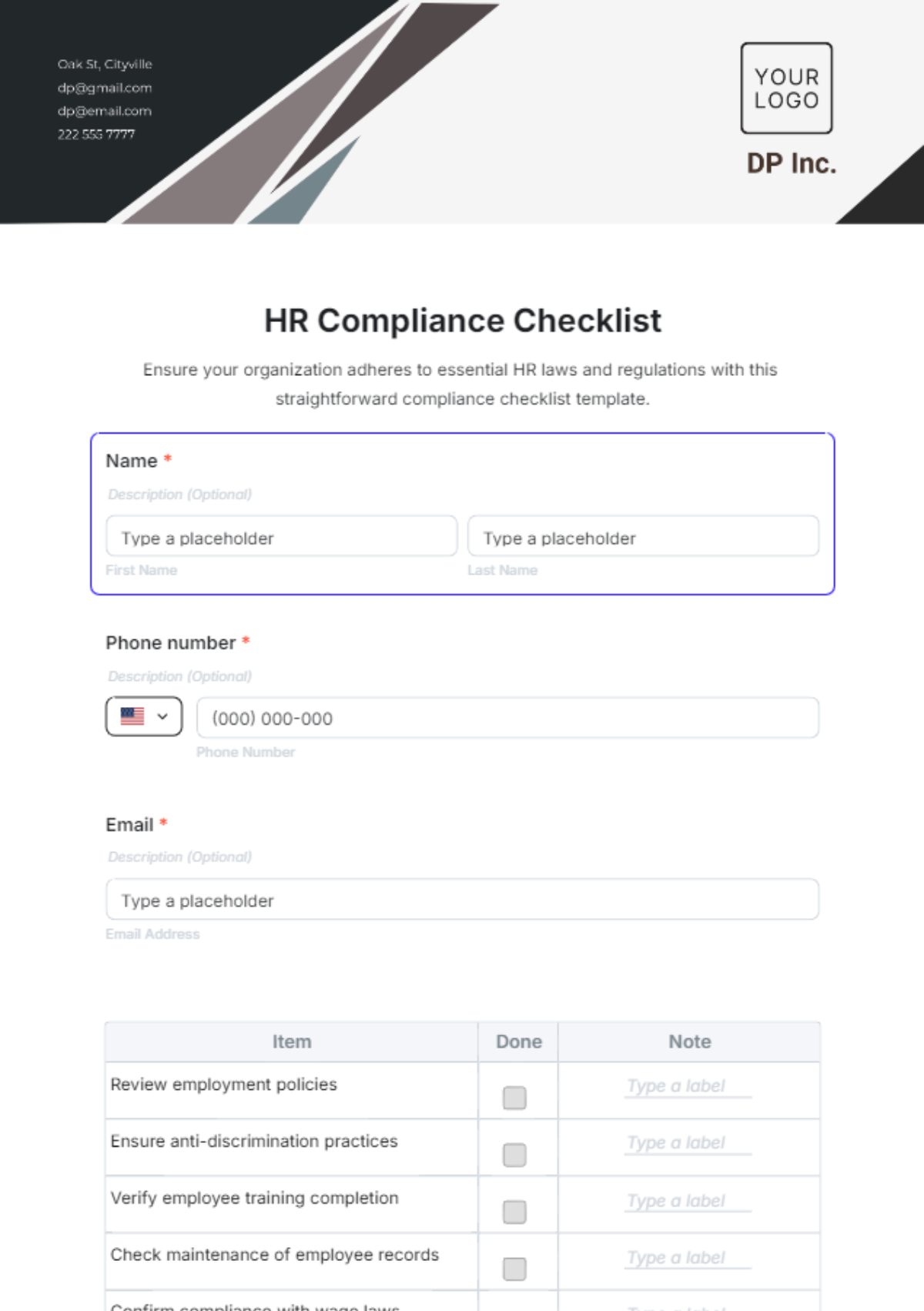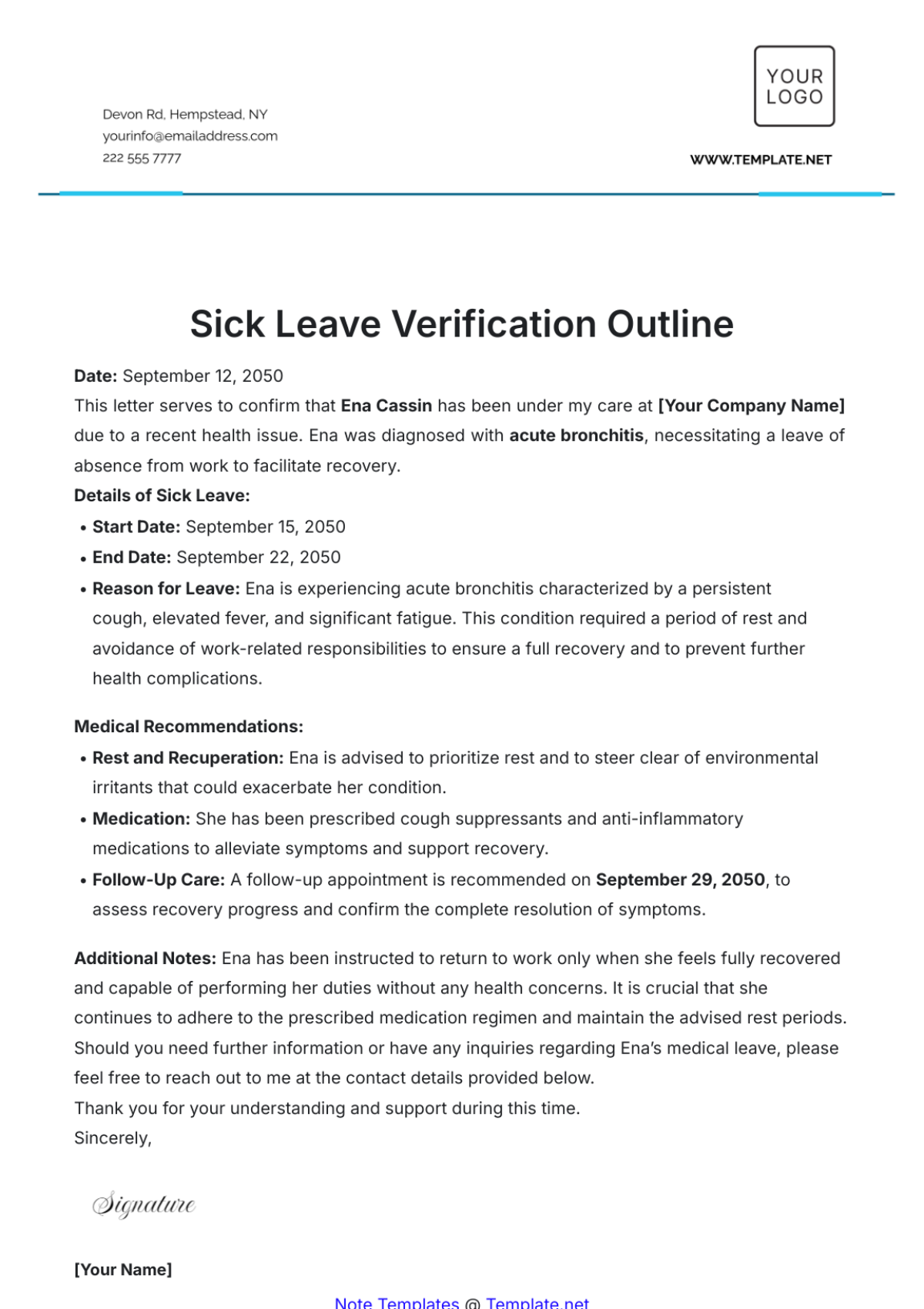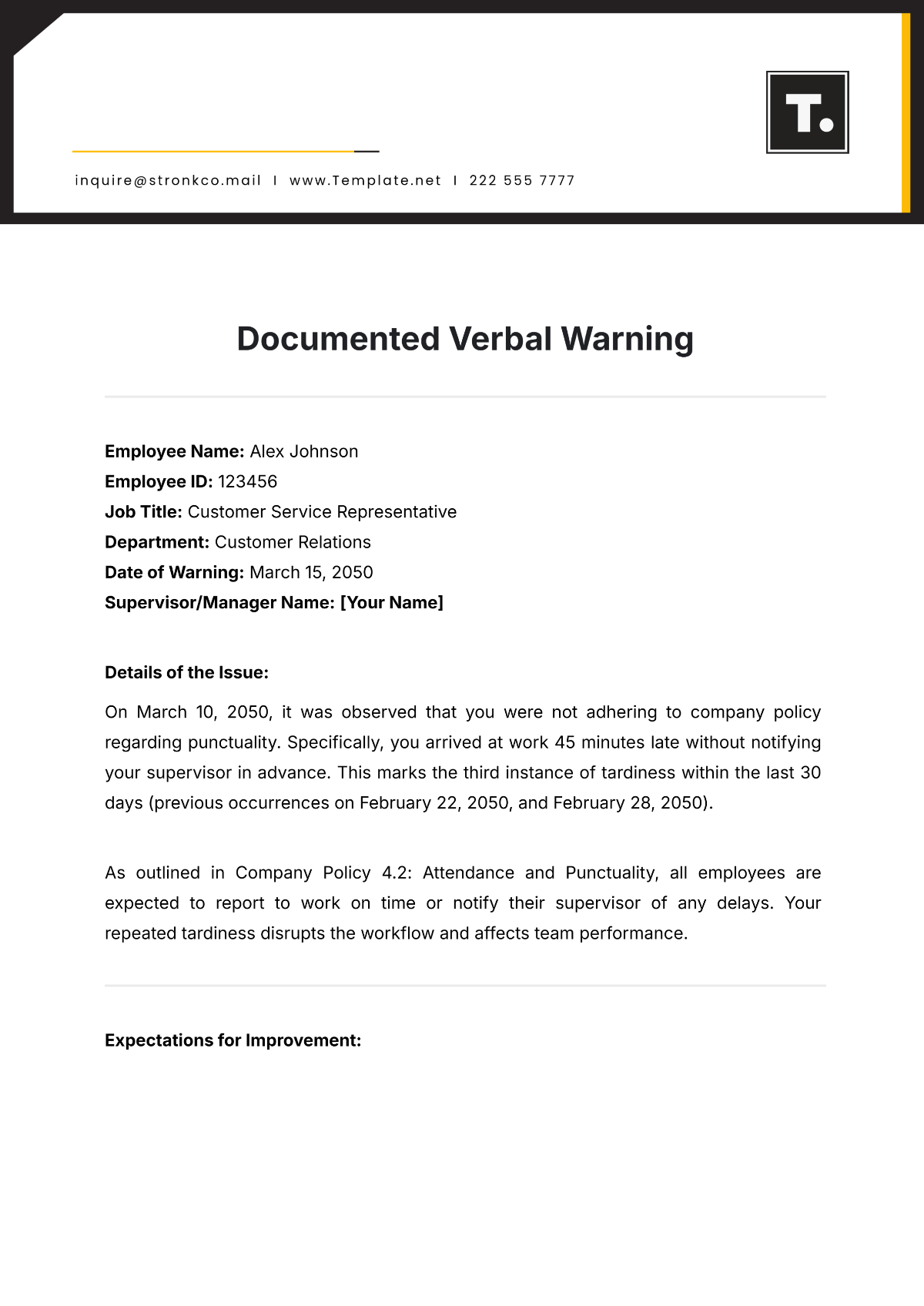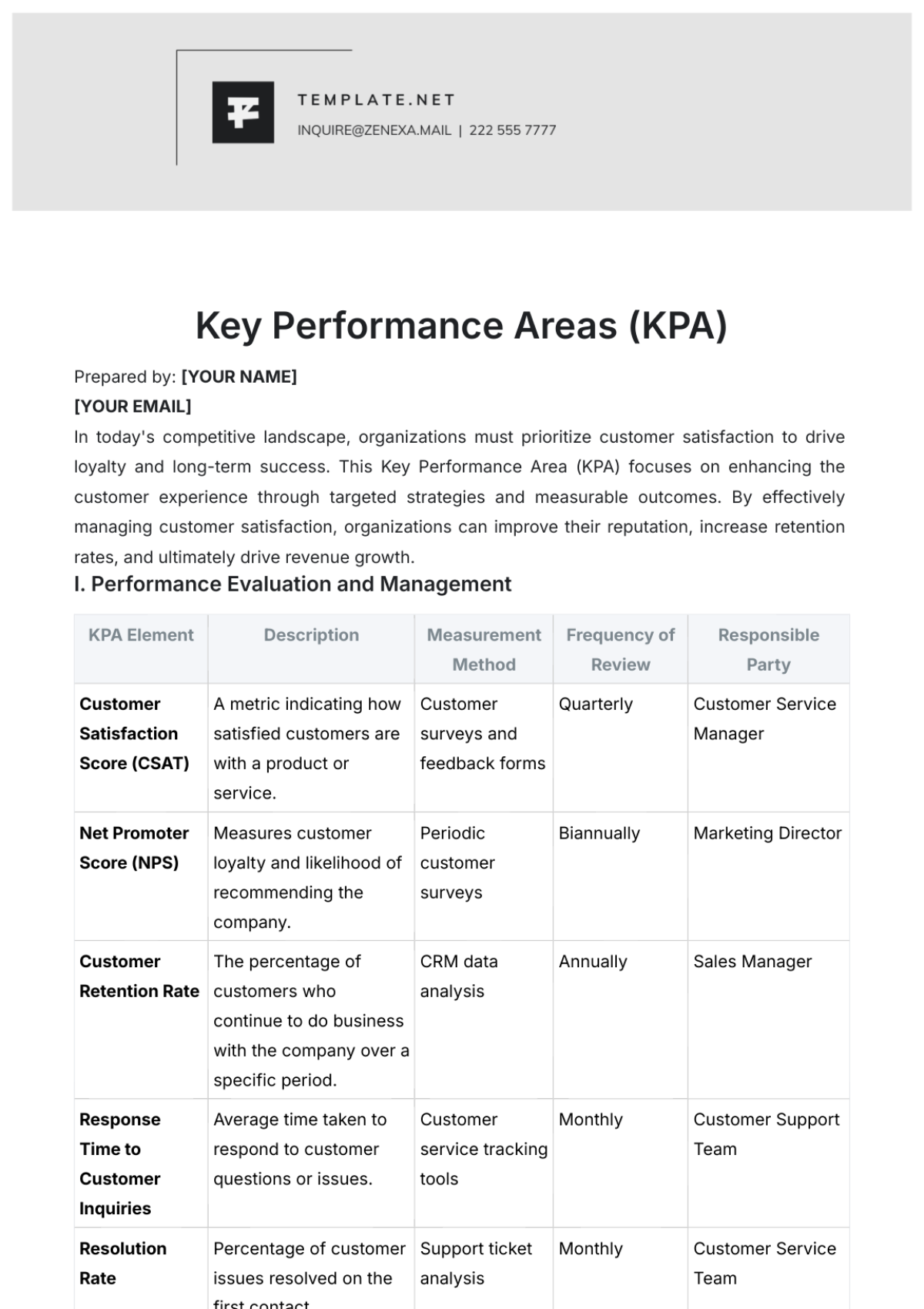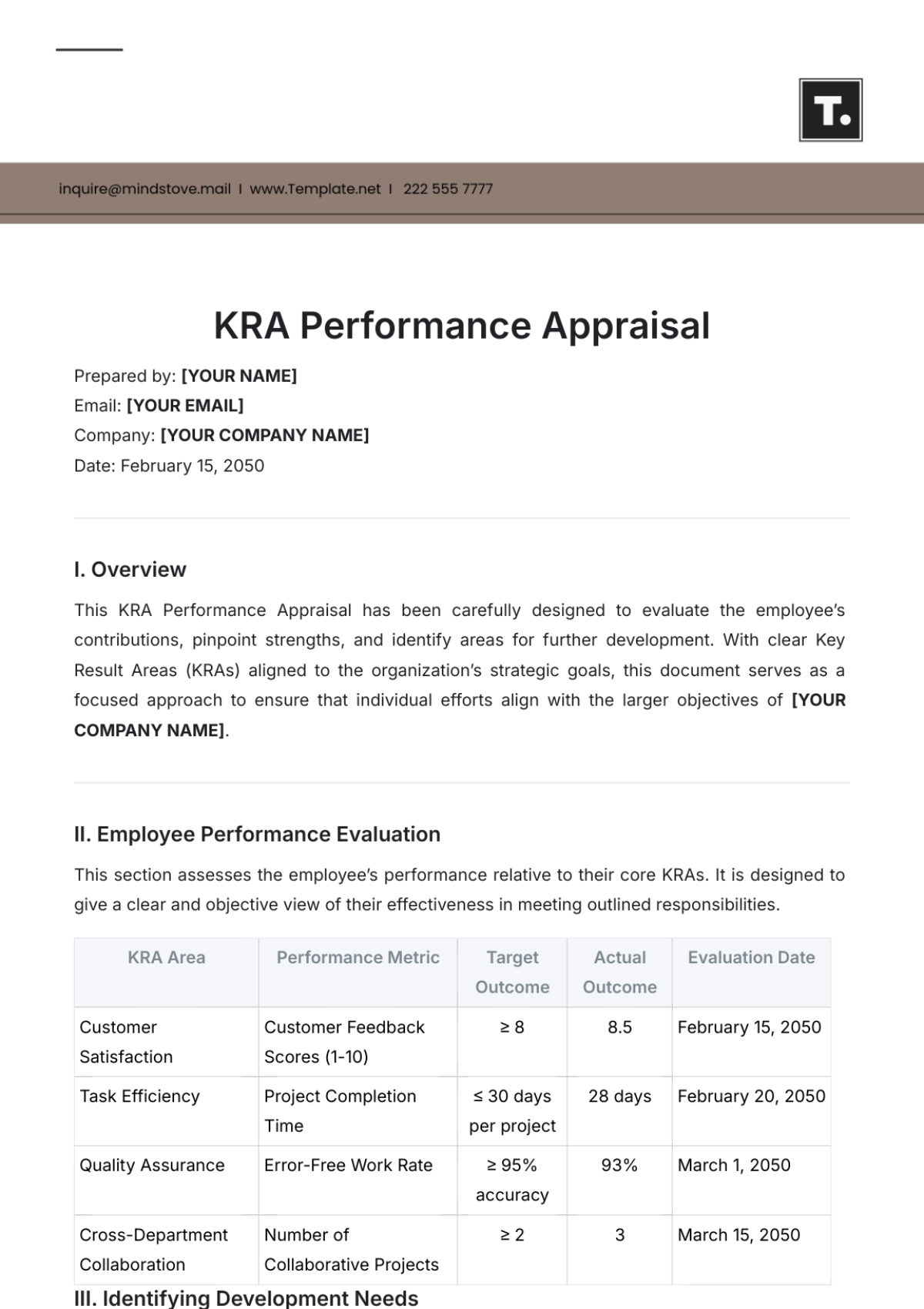Comprehensive Communication Skills Training Guide
TABLE OF CONTENTS
Introduction.....................................................................................................................2
Objectives........................................................................................................................2
Target Audience..............................................................................................................2
Training Modules.............................................................................................................3
Training Schedule...........................................................................................................3
Assessment Methods.....................................................................................................4
Feedback and Evaluation...............................................................................................4
Resources........................................................................................................................5
Contact Information........................................................................................................5
Introduction
Overview
Welcome to [Your Company Name]'s Comprehensive Communication Skills Training Guide. This document serves as a roadmap for HR professionals and trainers to conduct effective communication skills training within the organization. It outlines the objectives, target audience, training modules, and assessment methods to ensure a structured and impactful training program.
Importance of Communication Skills
Communication is the cornerstone of any successful organization. Effective communication is essential for team collaboration, customer relations, and overall productivity. Poor communication can lead to misunderstandings, reduced efficiency, and low morale. This training aims to address these issues by enhancing critical communication skills among employees.
Objectives
General Objectives
The primary goal of this training is to improve interpersonal and professional communication skills among employees. This includes both verbal and non-verbal communication, written skills, and listening abilities.
Specific Objectives
Enhance Verbal Communication: To improve clarity, tone, and effectiveness in spoken communication.
Improve Written Communication: To ensure that written messages are clear, concise, and professional.
Develop Listening Skills: To foster better understanding and empathy in conversations.
Foster Non-Verbal Communication: To understand the importance of body language, facial expressions, and other non-verbal cues.
Target Audience
Employee Levels
This training is designed for employees at all levels, from entry-level to senior management. The modules are tailored to suit the varying needs of different roles within the organization.
Departments
The training is applicable to all departments including Sales, Marketing, Engineering, and Customer Support. Specialized modules can be developed for departments with unique communication challenges.
Training Modules
The training program is divided into four main modules, each with specific sub-modules designed to cover various aspects of communication. Below is a detailed breakdown:
Main Module | Sub-Module | Description |
Verbal Communication | Basics of Verbal Communication | Covers the fundamentals of effective speaking, including tone, pitch, and clarity. |
Advanced Techniques | Advanced techniques such as persuasive communication and public speaking. | |
Written Communication | Email Etiquette | Learn the do's and don'ts of professional email writing, including subject lines, body text, and signatures. |
Report Writing | Covers the structure and style of professional reports. | |
Listening Skills | Active Listening | Learn the art of active listening to improve comprehension and build better relationships. |
Passive Listening | Understand when to use passive listening and its role in communication. | |
Non-Verbal Communication | Body Language | Learn how to read and use body language to your advantage in professional settings. |
Facial Expressions | Understand the impact of facial expressions on communication and how to use them effectively. |
Training Schedule
The training will be conducted over four weeks, with each module taking approximately 2 hours. Below is the schedule:
Module | Date | Duration | Trainer |
Verbal Communication | 2051-01-10 | 2 hours | [Your Name] |
Written Communication | 2051-01-17 | 2 hours | [Your Name] |
Listening Skills | 2051-01-24 | 2 hours | [Your Name] |
Non-Verbal Communication | 2051-01-31 | 2 hours | [Your Name] |
Assessment Methods
Pre-Assessment
A pre-assessment quiz will be conducted to gauge the existing communication skills of the participants. This will help in customizing the training modules to better suit the needs of the audience.
Post-Assessment
A post-assessment quiz will be conducted to measure the effectiveness of the training. The results will be compared with the pre-assessment to gauge the level of improvement.
Feedback and Evaluation
Feedback Forms
Participants will be required to fill out feedback forms after each module. These forms will include questions about the content, delivery, and overall experience of the training.
Evaluation Metrics
Key performance indicators (KPIs) will be used to evaluate the success of the training. These may include participant satisfaction scores, improvement in communication skills as measured by the post-assessment, and any noticeable changes in workplace communication.
Resources
Training Manuals
Comprehensive training manuals will be provided to all participants. These will include detailed notes, exercises, and references for further reading.
Online Courses
A list of recommended online courses will be provided for those who wish to continue their learning journey post-training.
In-house Workshops
In addition to the main training modules, in-house workshops will be conducted periodically to reinforce the learning and provide hands-on experience.
Contact Information
For any queries or additional information, please contact:
Name: [Your Name]
Email: [Your Company Email]
Phone: [Your Company Number]
Address: [Your Company Address]
Website: [Your Company Website]
Social Media: [Your Company social media]
This Comprehensive Communication Skills Training Guide is designed to be a valuable resource for HR professionals and trainers. For further assistance, please refer to the contact information section.
Thank you for choosing [Your Company Name] for your training needs. We look forward to a successful training program.
